Welcome to Good Market Info!
Click the logo to return to the Good Market app
Welcome to Good Market Info! Click the logo to return to the Good Market global app.

Welcome to the 74 social enterprises, cooperatives, responsible businesses, civic organizations, and networks that became Good Market approved in August 2022! This month’s roundup includes new community members from Nicaragua, Haiti, Barbados, the United States, Canada, Kenya, Ireland, the United Kingdom, Italy, Hungary, India, Bangladesh, Sri Lanka, Malaysia, Indonesia, Solomon Islands, Australia, and New Zealand. More than 2,389 enterprises across 88 countries are now part of the Good Market commons. ❤️
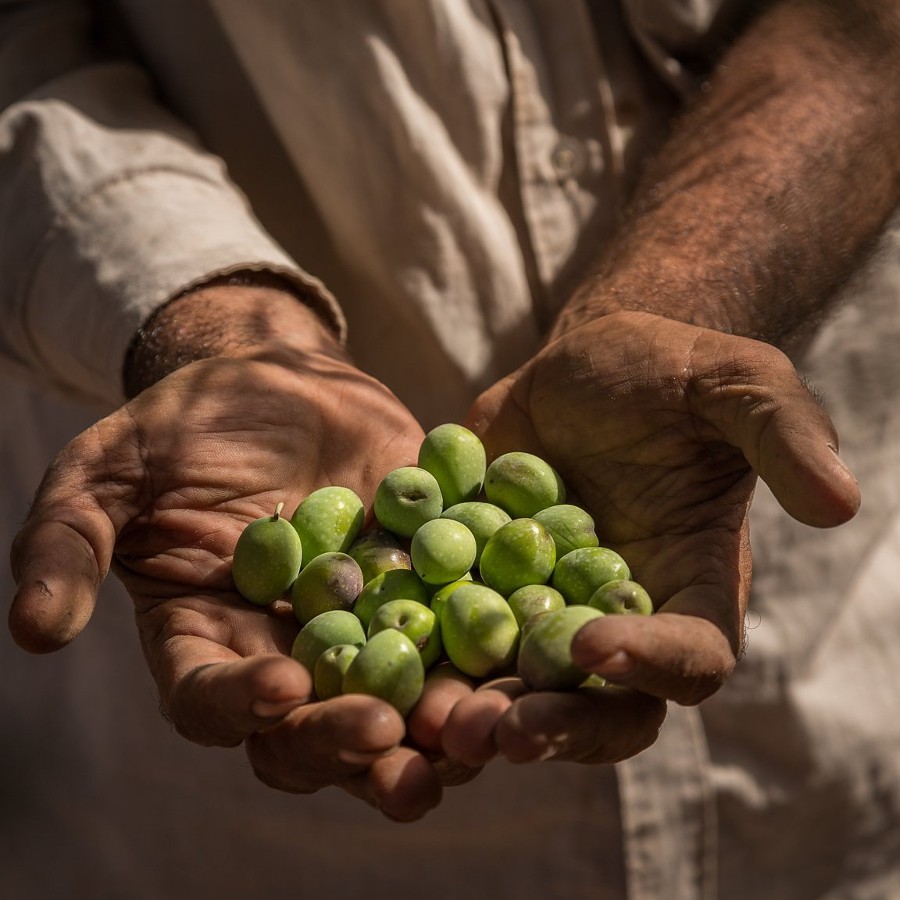
London, England, United Kingdom
Zaytoun was founded in 2004 to support the livelihoods and resilience of Palestinian producing communities through fair trade. They work with partner farmers and suppliers to offer organic and fair trade olive oil, organic giant couscous maftoul, green wheat freekeh, za’atar, medjoul dates, raw and roasted almonds, olive oil soaps, and Dead Sea bath salts. Zaytoun celebrates Palestinian culinary and cultural heritage, connects people in the United Kingdom and Ireland with Palestinian farming communities, organizes trips to Palestine during the annual olive harvest, and coordinates tree planting through Trees for Life, a program run by the Palestine Fair Trade Association. They are a member of Social Enterprise UK, Co-operatives UK, Scottish Fair Trade Forum, and Fairtrade Ireland. Their fair trade and organic products are certified by Fairtrade International and Soil Association. Zaytoun is registered as a Community Interest Company and reinvests one hundred percent of their profits to support Palestinian farming communities.
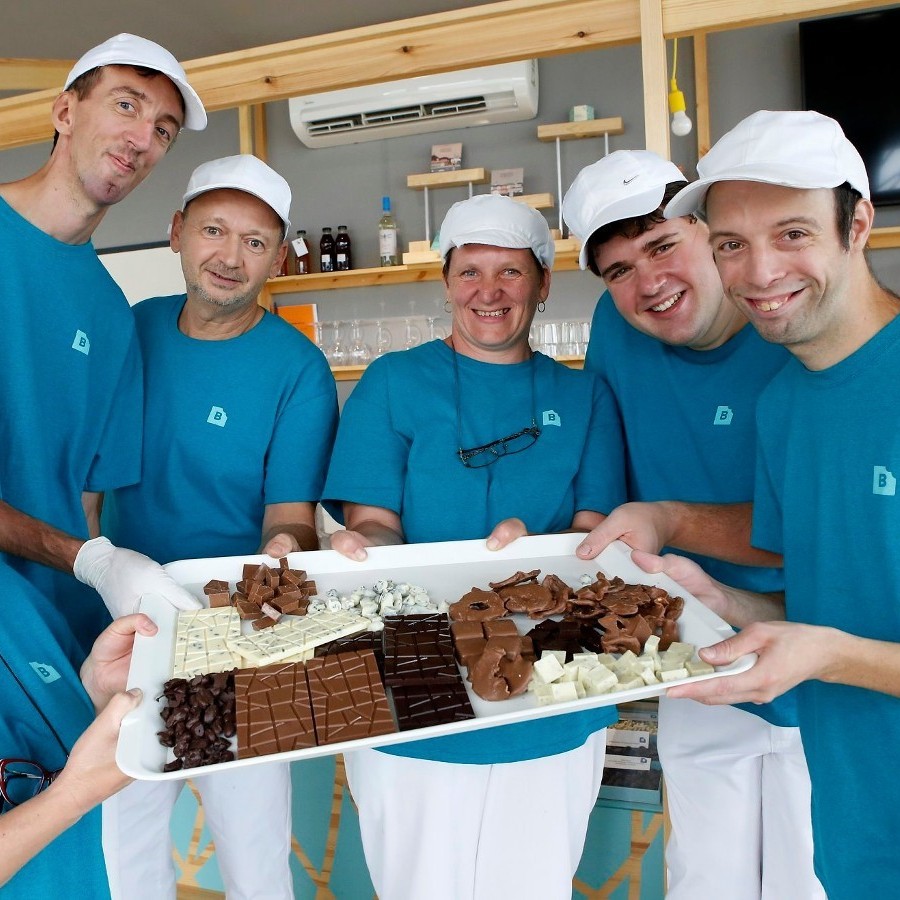
Szekszárd, Hungary
BeSweet Chocolate Manufactory and Visitor Center was started by Kék Madár Foundation to create employment opportunities for local people with disabilities and to support global cocoa farmers through ethically traded chocolate. They offer a wide range of dark, milk, and white chocolates made with unique natural flavor combinations like strawberry basil, lemon poppy, and apricot walnut. They also promote products from young organic farmers in the Szekszárd wine region. Visitors can join chocolate tasting and chocolate making workshops and learn about inclusion, the ethical economy, and the multifacted capabilities of people with disabilities. The chocolate factory and visitor center are barrier free and fully accessible. BeSweet is part of Társadalmi Vállalkozás Koalíció, the Hungarian Social Enterprise Coalition. They are registered as a not-for-profit company with public benefit status, which means they reinvest all profits towards their social mission.
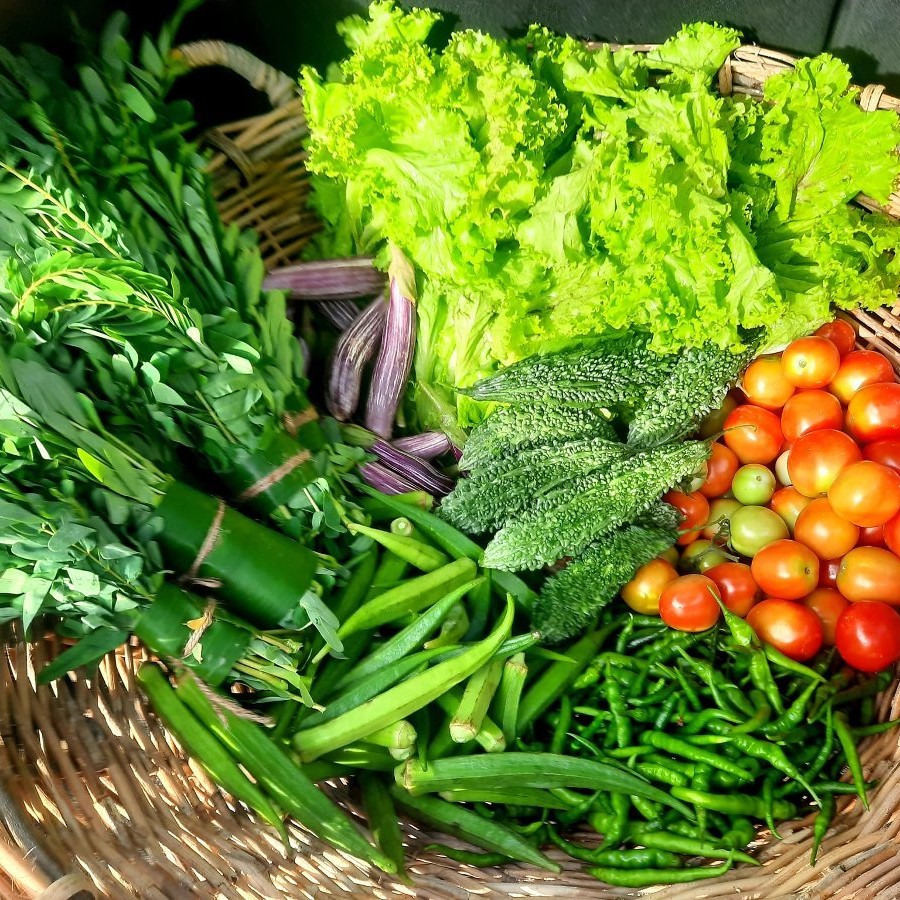
Wattala, Sri Lanka
Panda Farmacy produces farm fresh organic and free range products, supports others to grow their own food for a healthy community and environment, and mobilizes the next generation for a sustainable farming revolution in Sri Lanka. Their own land is an integrated organic farm that produces leafy greens, vegetables, fruits, coconut, free range chickens, seeds, seedlings, vermicompost “black gold” fertilizer, and vermiwash liquid fertilizer. They use locally available materials to build soil health and prevent pests. Their goal is develop a farm school that is open for all and provides young people with hands-on experience in raising animals and growing organic food. Panda Farmacy partners with others to address food insecurity and the current economic crisis in Sri Lanka. They donate to community kitchens, provide training, and donate seeds and plants for people to develop SEED (Something to Eat Everyday) and FAITH (Food Always In The House) urban home gardens and community gardens. They have also supplied local chickens to single parent families in the north and east for breeding and egg supply. Panda Farmacy uses their revenue to support Angels’ Care Montessori and Day Care which provides early childhood education and counseling for kids from low income families with special needs. They also organize beach cleanups and eco brick workshops. Panda Farmacy is verified under a local organic participatory guarantee system (PGS).

Fort Worth, Texas, United States
LAUDE the Label creates sustainable clothing and accessories that honor the earth and maker. They partner with women artisans in Guatemala, Honduras, Haiti, Peru, and India and empower them to find financial freedom through safe and meaningful employment at living wages. By working closely with artisans, they are able to cut out middlemen and excessive markups, find cost efficiencies in the production process, and ensure customers receive more accessible pricing and the best possible value. LAUDE the Label designs clothing to last and uses organic and upcycled materials with no synthetic fibers and no toxic chemicals or dyes. These practices have enabled them to steadily reduce carbon emissions, water and energy use, and the consumption of new raw materials. LAUDE the Label maintains a Women’s Entrepreneurship Fund and has supported producer groups to obtain new certifications and accreditations, invest in machinery, break rooms, day care centers, and other infrastruacture, and organize skill training workshops and educational opportunities. They partner with an environmental justice organization to fund agroforestry projects in small-scale farmer communities and plant a tree for every shipment. LAUDE the Label is a certified B Corporation and a member of Fair Trade Federation.

Morningside, Queensland, Australia
Circonomy (formerly World’s Biggest Garage Sale) is creating a world where nothing useful goes to waste, including human potential. They bring together leading retailers, resource recovery partners, resale channels, and everyday Australians to give new life to still-useful things. Circonomy rescues products that are destined for landfill, gets them ready for a second (or third) lease on life, and creates local employment opportunities for youth and vulnerable community members. Their marketplace includes furniture, office supplies, housewares, technology, clothing, kids toys, and more. They also offer locally handmade products from upcycled deadstock, overstock, and scrap fabrics. Circonomy works with business partners to reimagine waste, reduce excess stock, recover and reclaim still-useful goods, return insurance write-offs to the circular economy, and repurpose materials to create custom built spaces. Circonomy is a Social Traders Certified Social Enterprise and part of Circular Australia, Plant Ark Australian Circular Economy (ACE) Hub, Queensland Social Enterprise Council, National Retail Association, and Australian Computer Society.
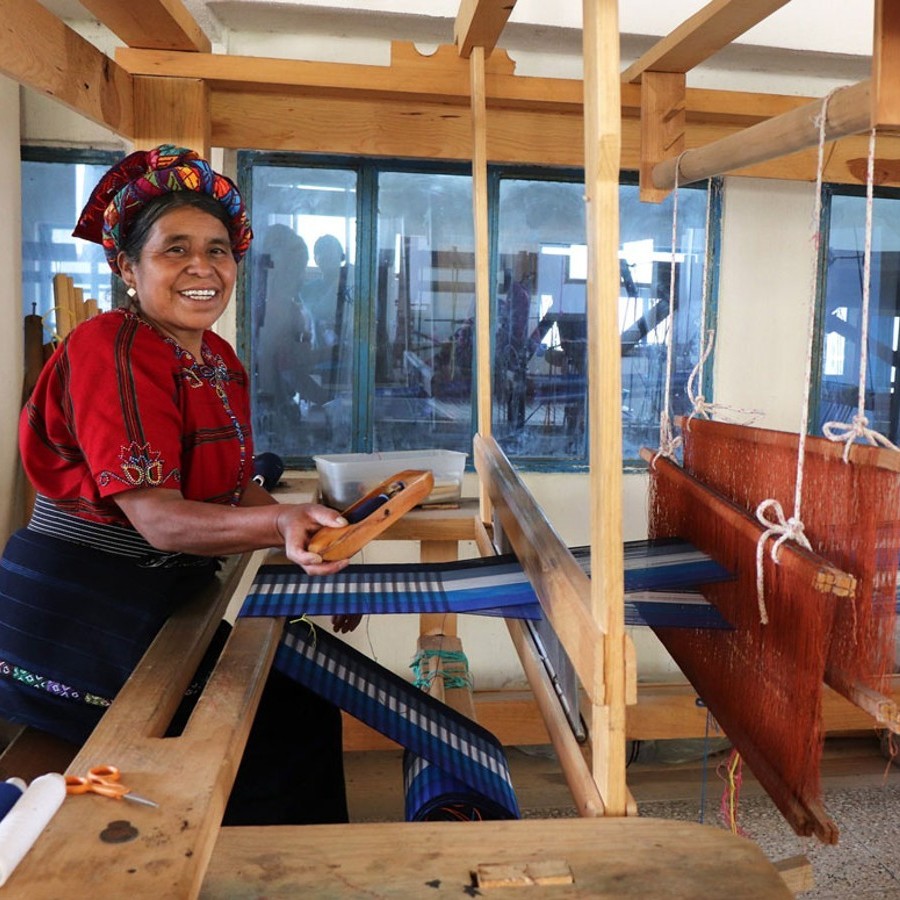
Morristown, New Jersey, United States
Mayamam Weavers is a women’s weaving cooperative in Cajolá, Guatemala that creates handwoven housewares and accessories for modern living, inspired by the rich colors, patterns, and traditional weaving techniques of Mayan culture. Products are made from cotton with azo free dyes. The cooperative emerged when a group of women came together to explore ways to create jobs within their community as an alternative to migrating to the United States and separating their families. All members earn fair trade wages and learn the skills to run a business. They also provide onsite childcare and adult literacy classes for the community. Mayamam Weavers is registered in the United States to market the products of Tejedoras Maya Mam. They support the cooperative with loans, equipment purchases, training, and scholarships for workers and their family members. For every order, one sapling is donated to their reforestation project in Guatemala. Mayamam Weavers is part of Fair Trade Federation, NYC Fair Trade Coalition, and Weave a Real Peace (WARP).
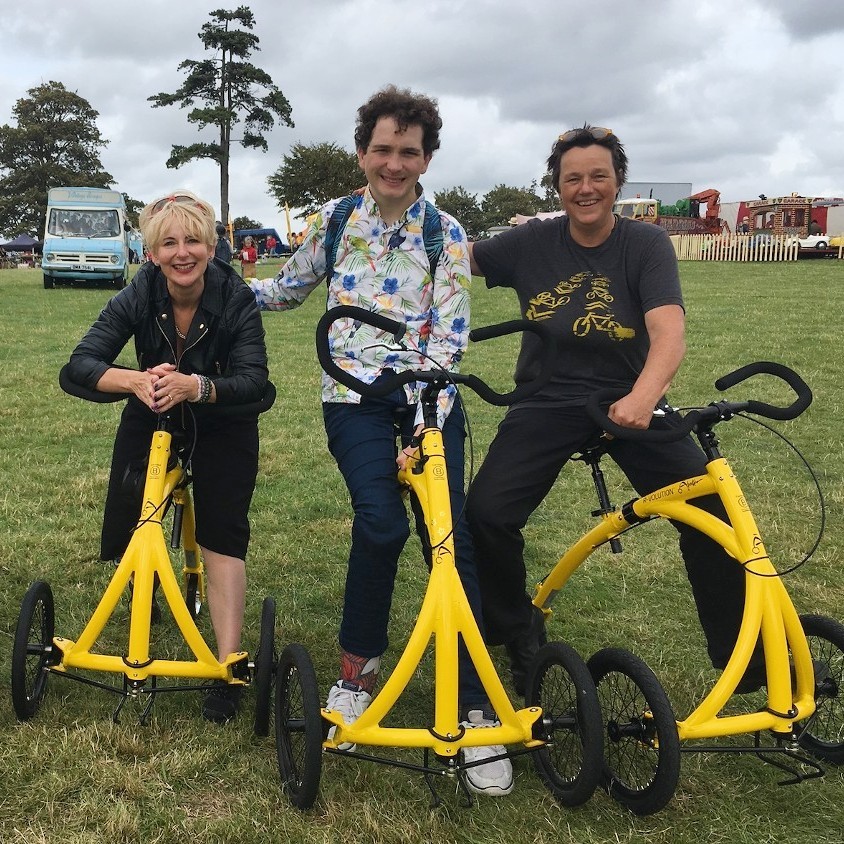
Vancouver, British Columbia, Canada
The Alinker is a three-wheeled, self-propelled walking bike that makes high quality mobility accessible, challenges assumptions about people with disabilities, and contributes to a healthy, inclusive community. It is designed for people who identify with being active but happen to have an illness or condition that impacts their mobility. The Alinker is intentionally not a medical device, which would increase the cost for customers. They focus on shifting the paradigm from a “sickcare” system to a healthcare community that supports the wellness of all people. To increase accessibility, they offer a rent-to-own program at zero percent interest and a crowdfunding platform for community campaigns. The Alinker is committed to getting people out of isolation and poverty. Half of their team members are Alinker users, live with disabilities, and were unemployable in the world of exclusion. They pay living wages to all and retain five percent of gross revenue as a calamity fund for staff emergencies. Alinker plants 1,500 trees every month through TreeSisters and has exceeded requirements for carbon neutrality. They are currently working toward local production and a cradle-to-cradle redesign. The Alinker is a certified B Corporation and part of Coralus (formerly SheEO) and Social Venture Institute.
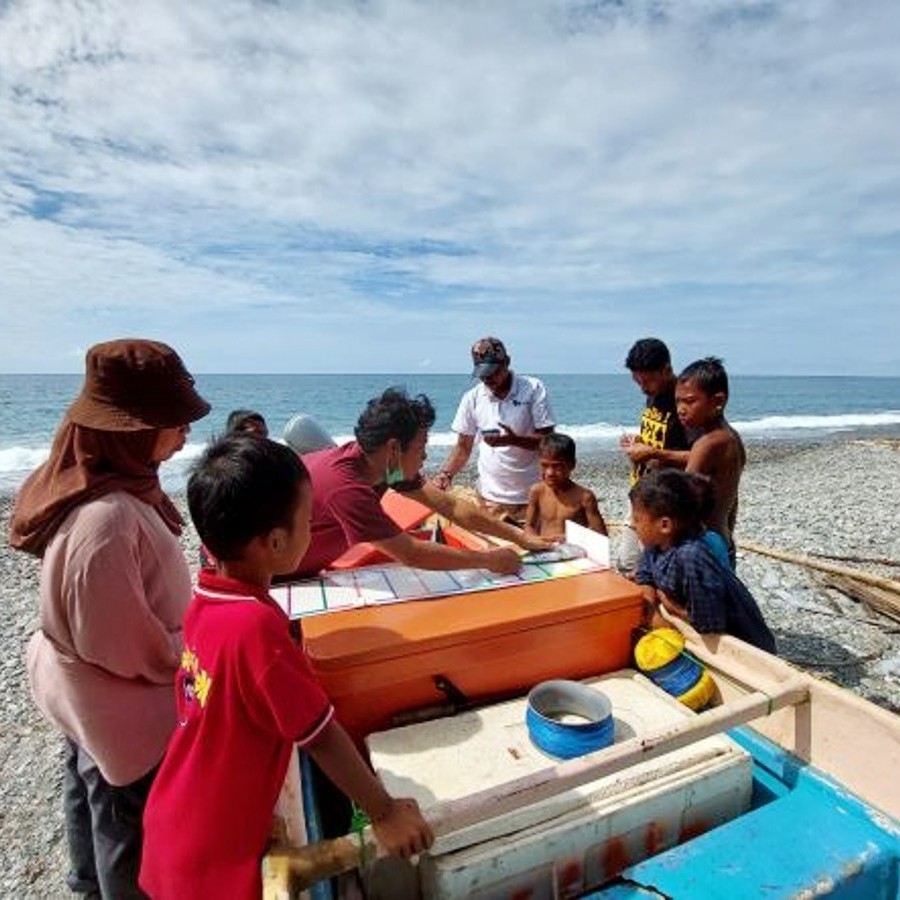
Denpasar, Bali, Indonesia
Sahabat Laut Lestari implements ecological, social, and economic sustainability in fisheries in Indonesia through traceability software, fishery certification, and the Fisheries Improvement Project (FIP). The fisheries industry currently faces challenges with “fish laundering” or the inclusion of illegally caught fish into the legal supply chain. Sahabat Laut Lestari developed TraceTales as a trusted traceability software that enables seafood processing companies to digitally capture and manage data at all stages. TraceTales automatically records data from the weighing scales and generates a unique QR code with the origin of the fish, certification status, and other required details. This traceability technology enables companies to access sustainability certifications like Fair Trade USA and Marine Stewardship Council (MSC). Sahabat Laut Lestari also develops and mentors small-scale fishermen in sustainable fisheries approaches through the FIP and helps them comply with national and international fisheries market regulations and requirements.
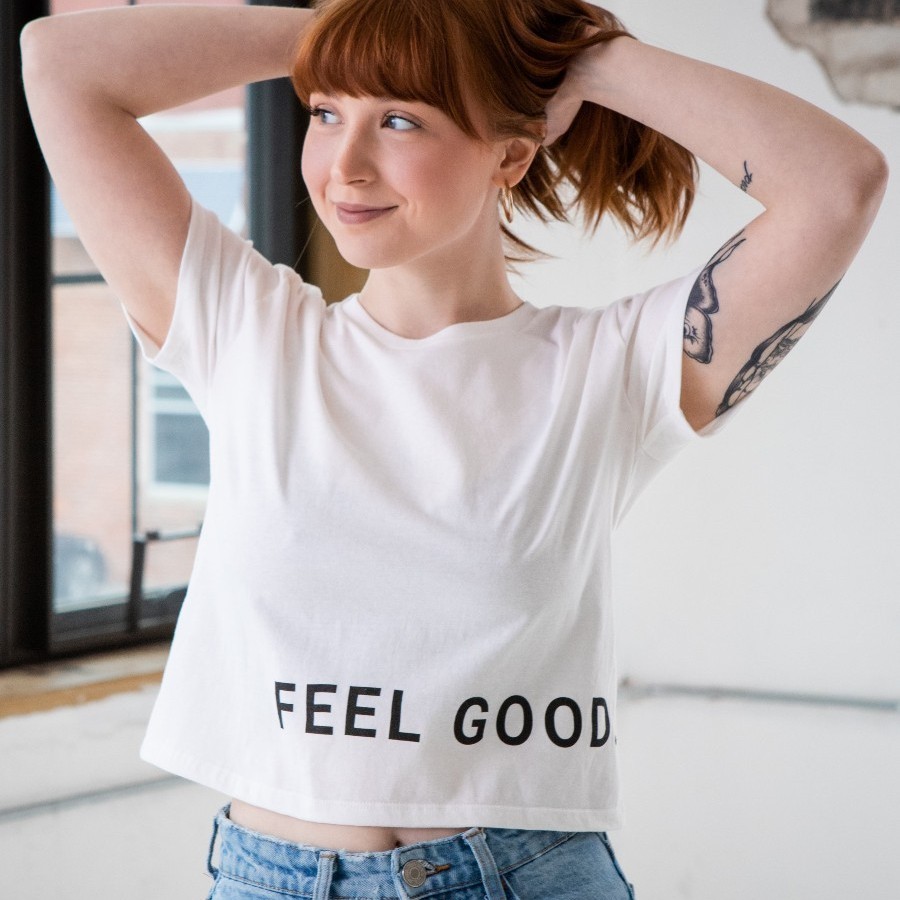
Kansas City, Missouri, United States
GOEX Apparel offers retail and wholesale fair trade tees and other apparel basics with the mission of connecting the consumer with the maker. Their customers sustain fair wage jobs that liberate workers from poverty. GOEX sources fabrics from a family-owned business in South Carolina, cuts and sews at their facility in Haiti, and sells to retail and wholesale customers in the United States. Their team in Kansas City provides custom printing and fulfillment services. By directly partnering with producers and eliminating middlemen, GOEX is able to keep products affordable for customers and return a greater percent of the price to workers. The short supply chains and travel distances also reduce their carbon footprint. The GOEX initiative emerged from Global Orphan Project’s orphan prevention programming, which recognizes that the best way to keep families together is to provide strong jobs and economic opportunities. Global Orphan Project is registered as a 501(c)3 not-for-profit organization, which means all profits are reinvested in employee wellbeing, job creation, and community programs. GOEX Apparel is a member of Fair Trade Federation and Social Enterprise Alliance.

Vancouver, British Columbia, Canada
JusTea offers the first and only farmer-direct tea from Kenya. They partner with small-scale tea farming families in Nandi Hills, a women’s tea cooperative in Meru, and over 200 artisans who hand carve the olive wood spoons that go on every tea tin. JusTea bypasses traditional sales brokers so they can provide their customers with the freshest possible tea, ensure producers receive a fair living wage, and support sustainable farming practices. All of their products are naturally grown, hand picked, and supplied as whole leaf teas for fuller flavor. They are particularly known for their purple tea, a unique cultivar that only grows in Kenya. The purple color in the leaves comes from a naturally high level of super antioxidants called anthocyanins. Purple tea has more antioxidants than green tea and half the caffeine. JusTea is available in recyclable tins and backyard compostable refill pouches. Their pyramid tea bags are plastic free and compostable within three weeks. Each purchase helps fund a partnership with Thrive to plant Organic Life Gardens and increase the supply of nutritious food and medicinal plants in Nandi. JusTea is a member of Fair Trade Federation.
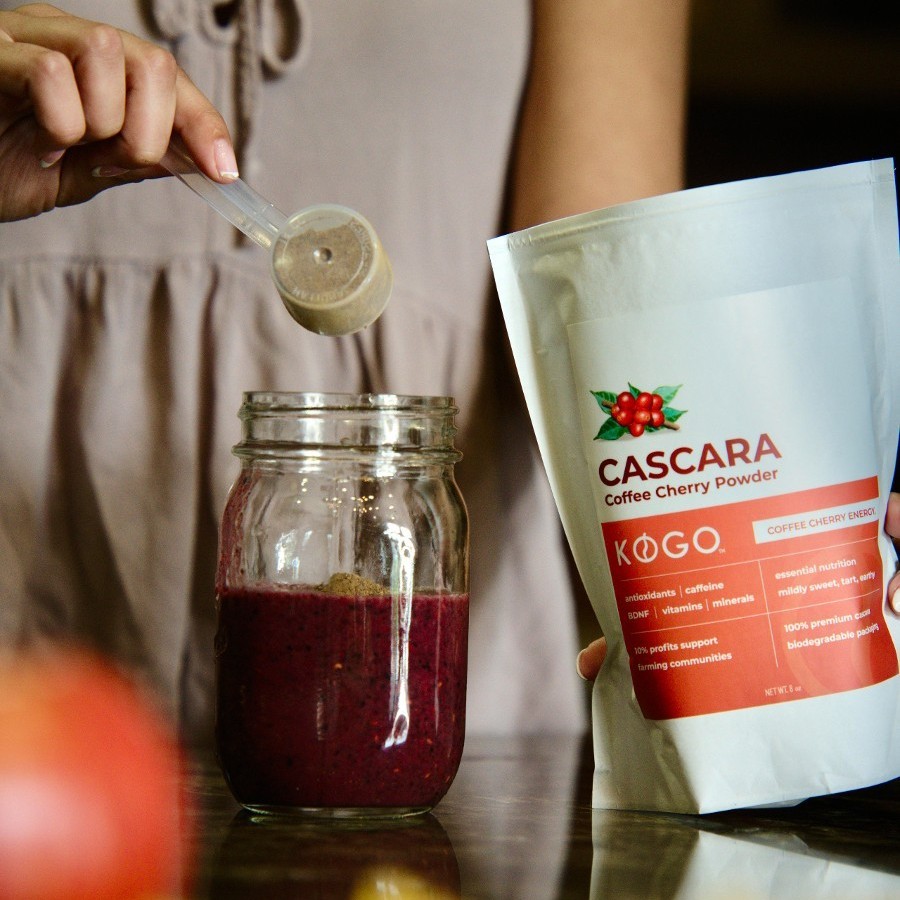
Phoenix, Arizona, United States
Kogo supplies coffee cherry superfood products, reduces agricultural waste, and provides an additional revenue stream for small scale coffee farmers in low income countries. Coffee cherries, the fruit that surrounds the coffee bean, have historically been considered a waste product. The fruit has more antioxidants than blueberries, acai, turmeric and other popular superfoods but can develop harmful mycotoxins as it decomposes. Kogo has developed coffee cherry products that are free from mycotoxins and sourced from organic and biodynamic farms. Their coffee cherry tea can be brewed as a beverage, and their coffee cherry powder can be used as an add-in for smoothies, oatmeal, and baking. Kogo maintains direct trade relationships with farmers, increases rural income and livelihood opportunities, and prevents the greenhouse gas emissions, water, and soil pollution associated with coffee cherry waste. Ten percent of profits are reinvested into sustainable development projects in the communities they source from.
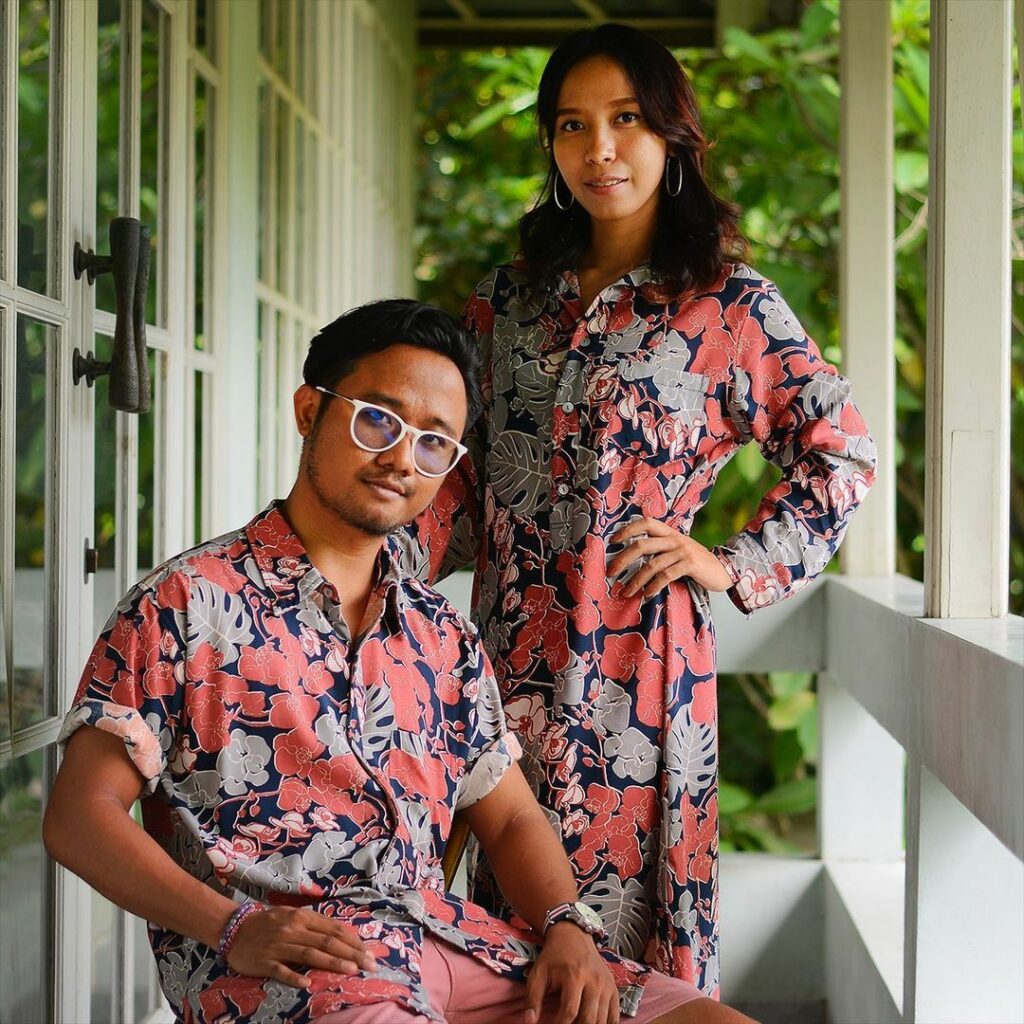
Dalung, Bali, Indonesia
Balizen has been producing sustainable, fair trade housewares, clothing, and accessories in their Bali workshop and with their artisan partners since 1992. Their designs are inspired by nature and the Zen traditions of craftsmanship, simplicity, harmony, and the use of natural and environmentally responsible materials including certified and upcycled fabrics, vetiver, bamboo, coconut, capiz shell, and seaweed based dyes. Products are available online, in their boutiques in Bali and Jakarata, and through retail partners worldwide. Balizen provides flexible work opportunities and on-the-job training for people who face barriers to employment. All employees receive fair living wages, health insurance, and a pension plan. Ten percent of profits go towards an employee profit sharing program and 20 percent are used for community projects. Balizen provides funding, facilities, and volunteers to Pasar Rakyat Bali and is actively involved in environmental education, reforestation, organic farming, and community food security projects. They are a member of Fair Trade Federation.
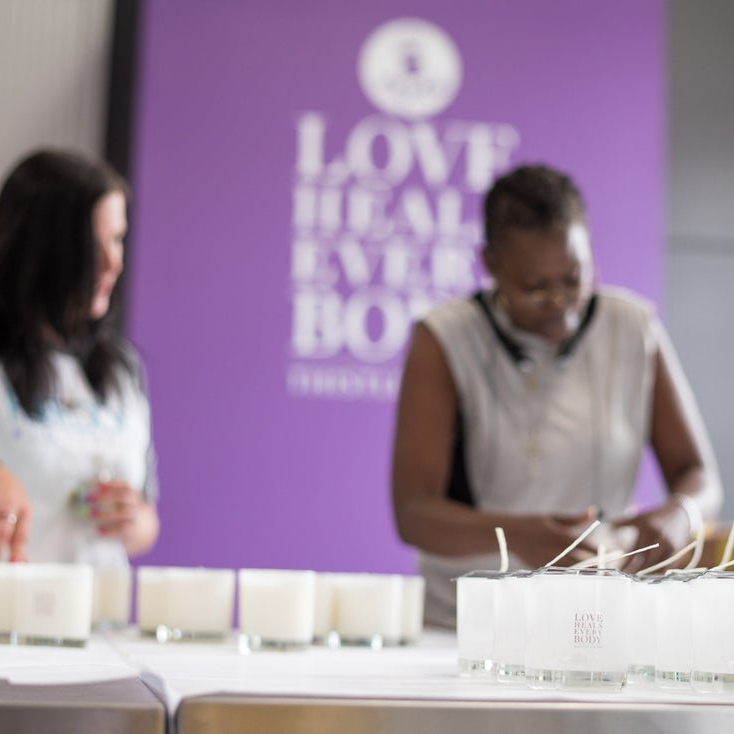
Nashville, Tennessee, United States
Thistle Farms helps women survivors recover and heal from prostitution, trafficking, and addiction. Their free, two-year residential program provides a safe place to live, healthcare, counseling, a job, and a lifelong sisterhood of support. Thistle Farms has found that meaningful employment leading to financial freedom is instrumental in the healing journey. Their three social enterprises provide gateway and permanent jobs for survivors and revenue for the Thistle Farms mission. The Café at Thistle Farms is a restaurant, tea service, and event space located in West Nashville. Body and Home offers their popular line of soy wax candles, essential oils, and body products. Global Shared Trade connects socially conscious consumers with handmade products from an aligned global network of artisan survivor enterprises that address sexual exploitation, trafficking, and extreme poverty by supporting women’s dignity and economic freedom. All three enterprises have women survivors in departmental leadership roles and provide a safe, trauma-informed workplace for residents and graduates. Thistle Farms is registered as a 501(c)3 not-for-profit organization and hosts a national network of organizations committed to a housing-first model for survivors.

Roma, Italy
Pedius enables people who are deaf or hearing impaired to make private, real-time phone calls. The software is available for smartphones, tablets, and web browsers and uses advanced voice recognition technology to transcribe speech to text. Callers can choose whether to use their own voice or convert a written message into a natural sounding voice. The recipient’s response instantly appears on the screen as written text. The software can also be used to subtitle meetings, conference calls, university lectures, training programs, conferences, and other events. Pedius offers special services to businesses that want to make their call centers accessible to deaf customers and improve workplace inclusion for deaf employees. A portion of profits is used to support community events including CineDeaf and Poetry and Visual Vernacular Contests produced by deaf people.
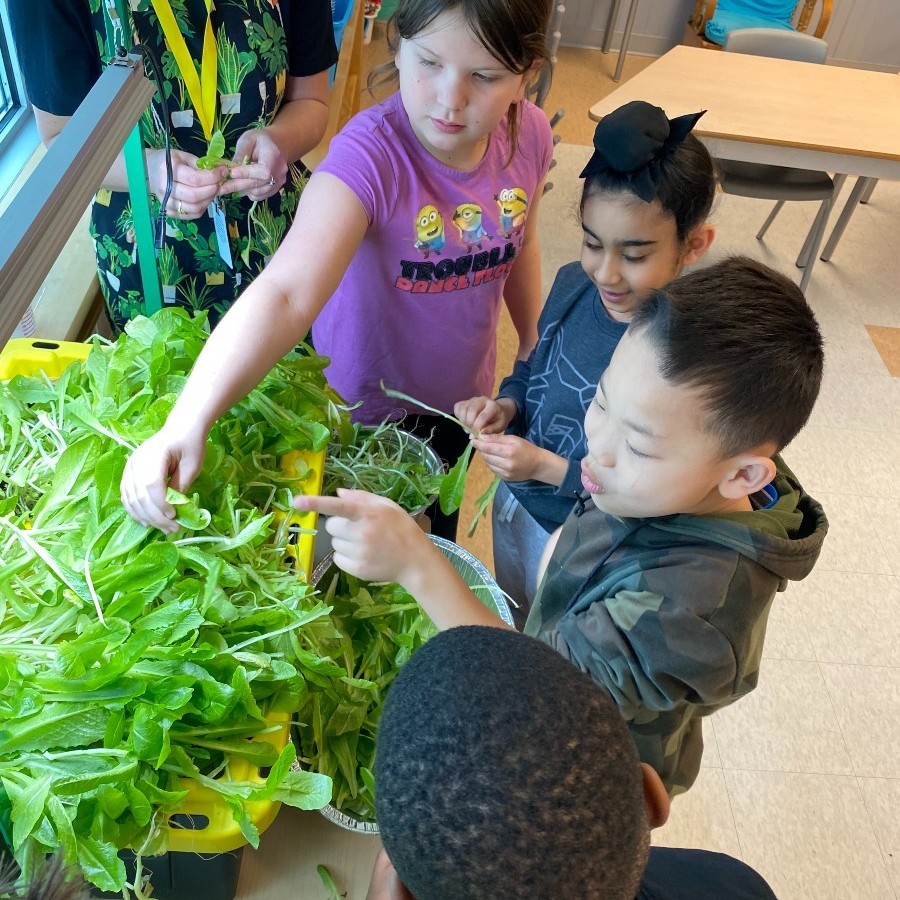
St. John’s, Newfoundland and Labrador, Canada
SucSeed offers indoor hydroponic gardens that enable anyone to grow fresh produce year-round without the need for soil or sunlight and with 90 percent less water than traditional growing methods. They aim to tackle food insecurity by helping people grow in homes, in classrooms, and in communities. More than 1,000 educators across Canada have used SucSeed Grow Gardens to teach more than 25,000 students about sustainable agriculture, healthy living, and the environment. Their curriculum add-on, Sustainable Superheroes, is a fun and easy way to introduce the United Nation’s Sustainable Development Goals to children and inspire them to take action in their communities. SucSeed partners with community organizations, private businesses, grant writers, and sponsors to make hydroponic Grow Gardens accessible to communities in need. Kits are available on a sliding price scale so that customers paying full price help to fund lower cost systems for low-income groups. Orders are assembled and fulfilled by Choices for Youth, a local nonprofit that provides meaningful employment opportunities to young people experiencing homelessness. SucSeed part of Coralus (formerly SheEO) and is the first certified B Corporation in Newfoundland and Labrador.
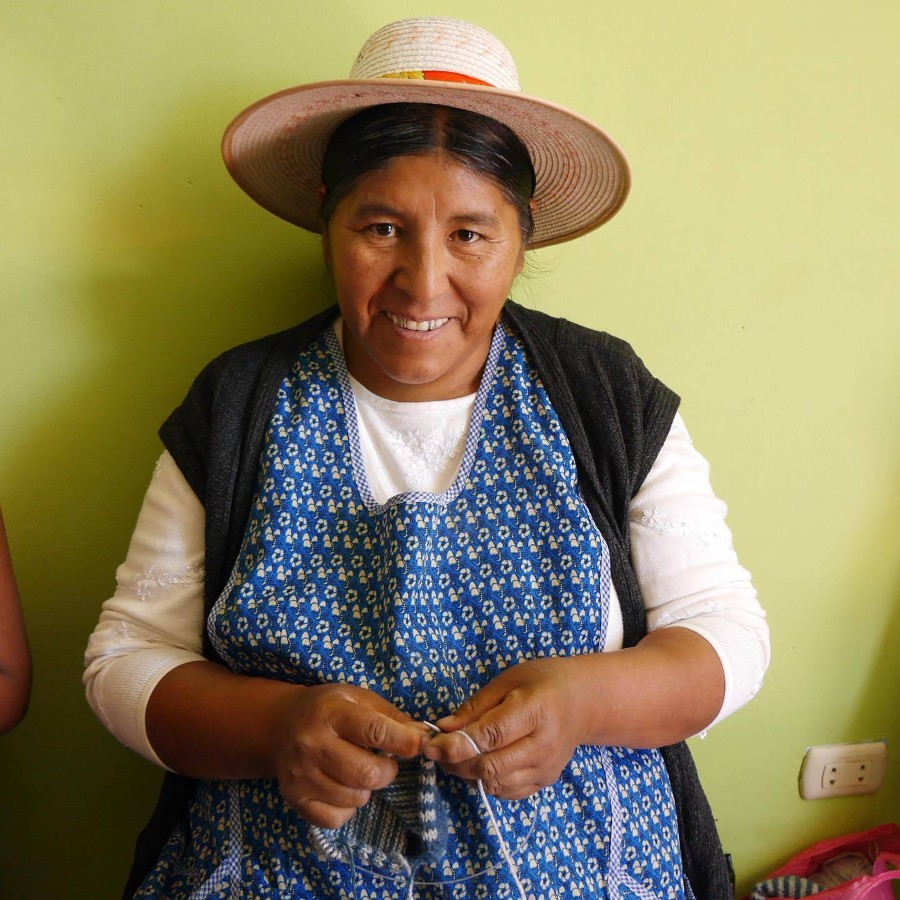
New York, New York, United States
Global Goods Partners was founded in 2005 to connect women artisans around the world with an international market for their fair trade, handmade products. They focus on marginalized and largely rural groups with small production capacities that are often just starting to bring product to market. All of their artisan partners follow fair trade principles including operating safe and healthy workplaces, promoting environmental sustainability, paying each artisan a fair living wage, and investing in community development. Their housewares, accessories, toys, and felted wool flowers are available online and in retail stores throughout the United States. Each year, Global Goods Partners offers their suppliers small financial grants to purchase new equipment, upgrade their facilities, or support member artisans, their families, and their communities. They also provide products on consignment to local organizations for fundraising activities. Global Goods Partners is registered as a 501(c)3 not-for-profit organization and is a member of Fair Trade Federation.
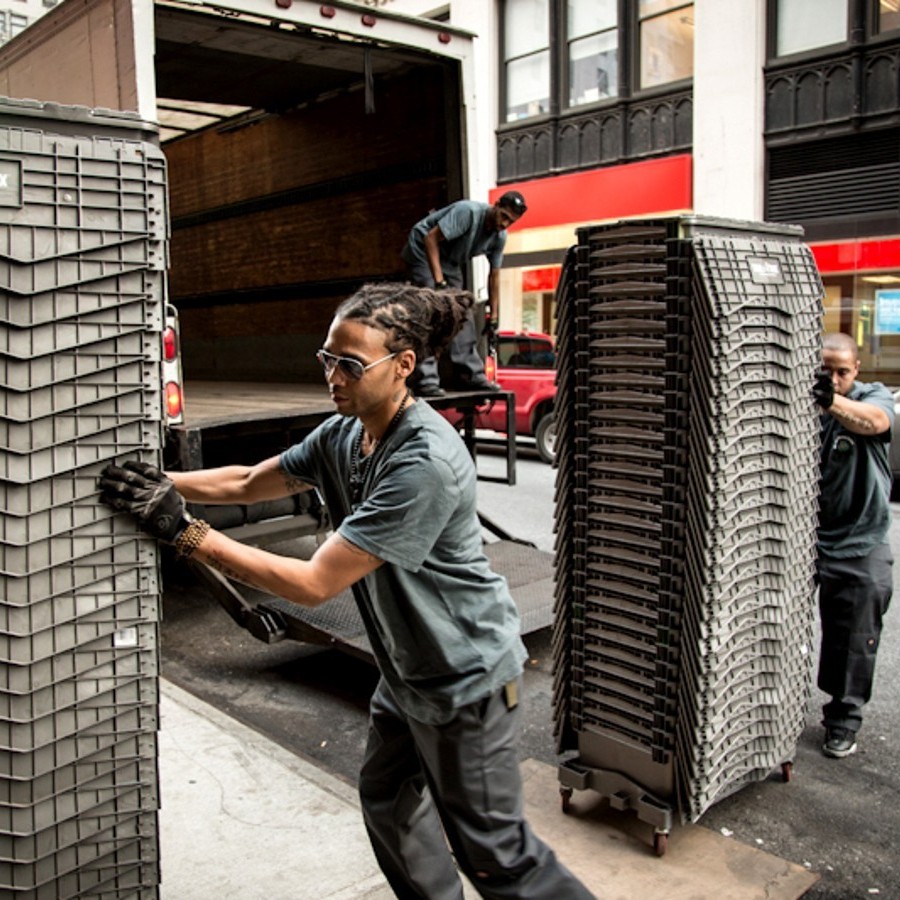
New York, New York, United States
TygaBox offers a sustainable box and dolly system designed to reduce the cost, stress, and environmental impact of home and office relocations and eliminate waste to landfill associated with the moving process. They manufacture, rent, and sell reusable TygaBoxes as an alternative to cardboard moving boxes. The heart of the innovation is their non-tip, low theft TygaDolly, which cannot be used to move anything other than a TygaBox. Empty boxes are packed on the dolly so the full move is done on wheels, and no one ever lifts a box unless it’s empty. They offer the only moving system that stacks five high, which saves time and reduces the number of truckloads by up to 40 percent. TygaBoxes are designed for durability, manufactured in the United States, and weigh 20 percent less than other crates. Their TygaSmart asset tracking system saves additional time and reduces unnecessary purchases. TygaBox sponsors educational scholarships for people in the moving industry and donates retired TygaBoxes to community gardens. They are a MWBE certified minority and woman owned business and part of Coralus (formerly SheEO), Conscious Capitalism NYC, the Latino Business Action Network, and the Sustainability Committee for the International Facilities Management Association NYC.
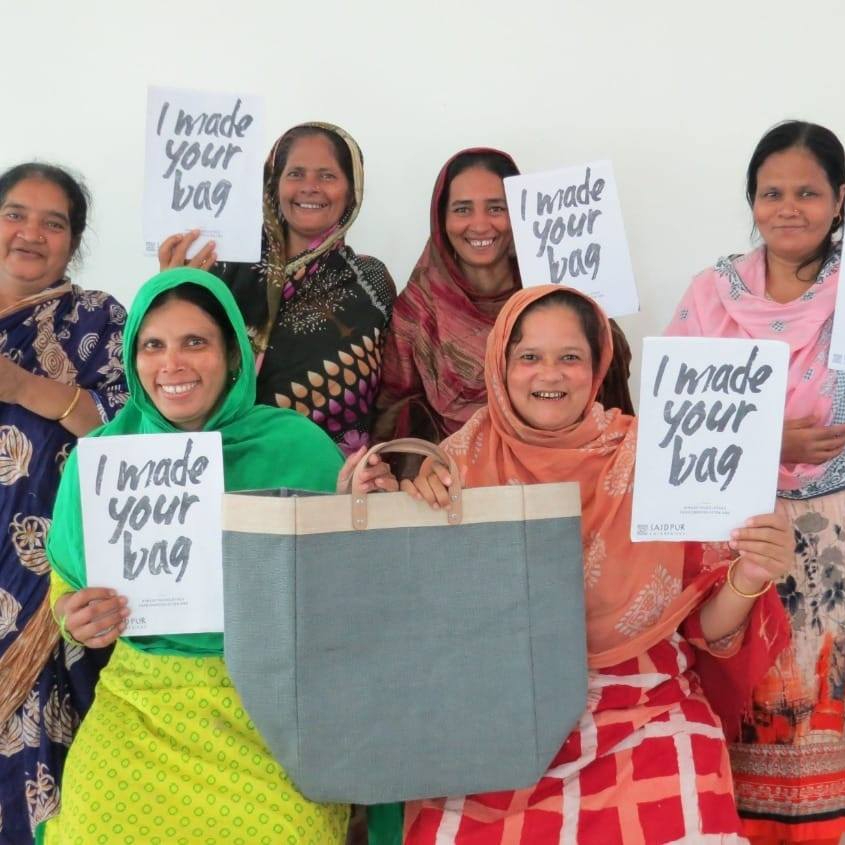
Saidpur, Bangladesh
Saidpur Enterprises creates ethical and environmentally responsible products that support women and their families in their community of Saidpur, Bangladesh. In the 1970s, tens of thousands of Bihari refugees fled to Saidpur following independence from Pakistan. This led to severe unemployment and food shortages in the area. Saidpur Enterprises started in 1977 when the Mennonite Central Committee (MCC) trained low income women-headed households to produce jute bags for international markets. A screen printing workshop was established in 1986. Over the years, these two initiatives have employed and supported more than 1,500 artisans in Saidpur. Their current product range includes bags, baskets, and stationery made from locally sourced natural materials like jute and recycled materials like used sarees. Printing is done by hand with non-toxic pigment dyes. Saidpur Enterprises has a democratic structure with an elected Producer Management Committee. Each year, they allocate 5 percent of profits to a worker development fund, 2.5 percent to a skill development fund, and 2.5 percent to a community development fund. The balance is distributed to workers. Saidpur Enterprises is a member of ECOTA Fair Trade Forum and a guaranteed member of the World Fair Trade Organization (WFTO).
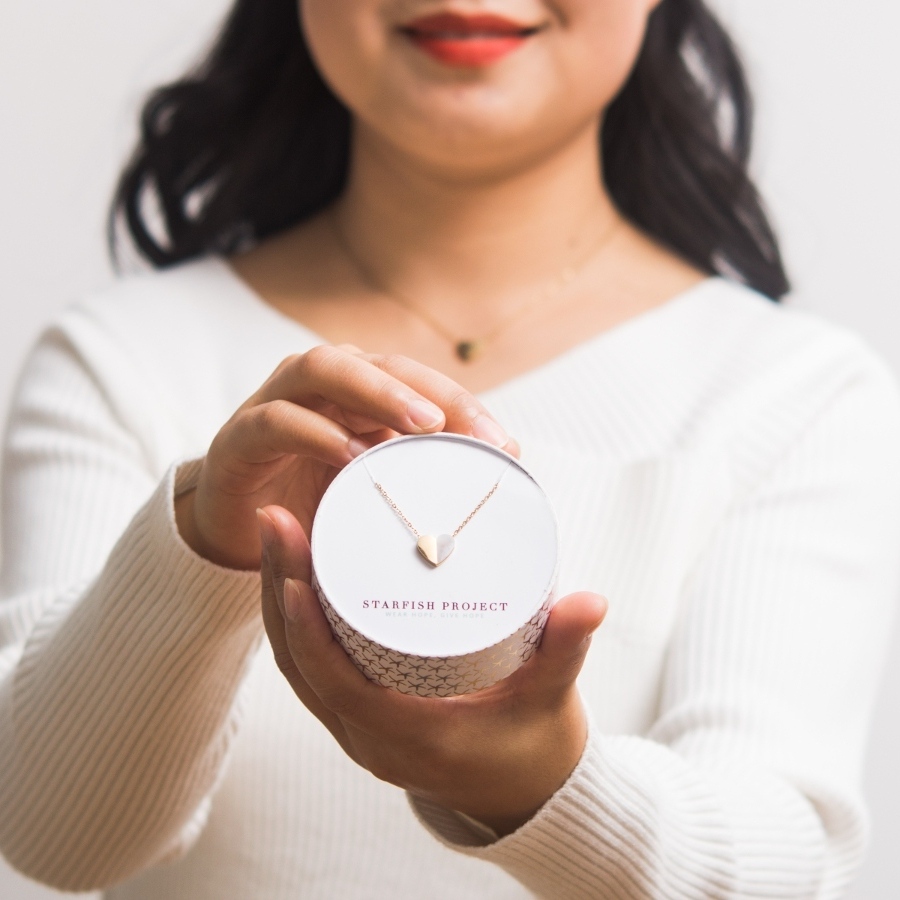
Goshen, Indiana, United States
Starfish Project enables survivors of human trafficking and exploitation to experience freedom, establish independence, and develop careers by creating ethical jewelry. The team visits brothels in Asia and invites women to begin a new life as jewelry makers, accountants, photographers, leaders, and entrepreneurs. Each woman is supported through their Holistic Care Program, which includes a safe and secure job, vocational and educational training, counseling, medical care, shelter, food, and educational grants for her and her children. Starfish Project has employed over 160 women and served thousands more through their community outreach services. Their product range includes accessible gold plated and stainless steel earrings, necklaces, bracelets, and rings that are nickel, lead, and cadmium free and designed to last. They use ionic plating instead of electroplating because it is more durable, safer for the team, and better for the environment. Starfish Project is a member of Fair Trade Federation, a founding member of the Freedom Business Alliance, certified Ethically Handcrafted by Nest, and certified Transparent by Excellence in Giving. They are registered as a 501(c)3 not-for-profit organization and reinvest all proceeds towards their social mission to restore hope to exploited women and girls.
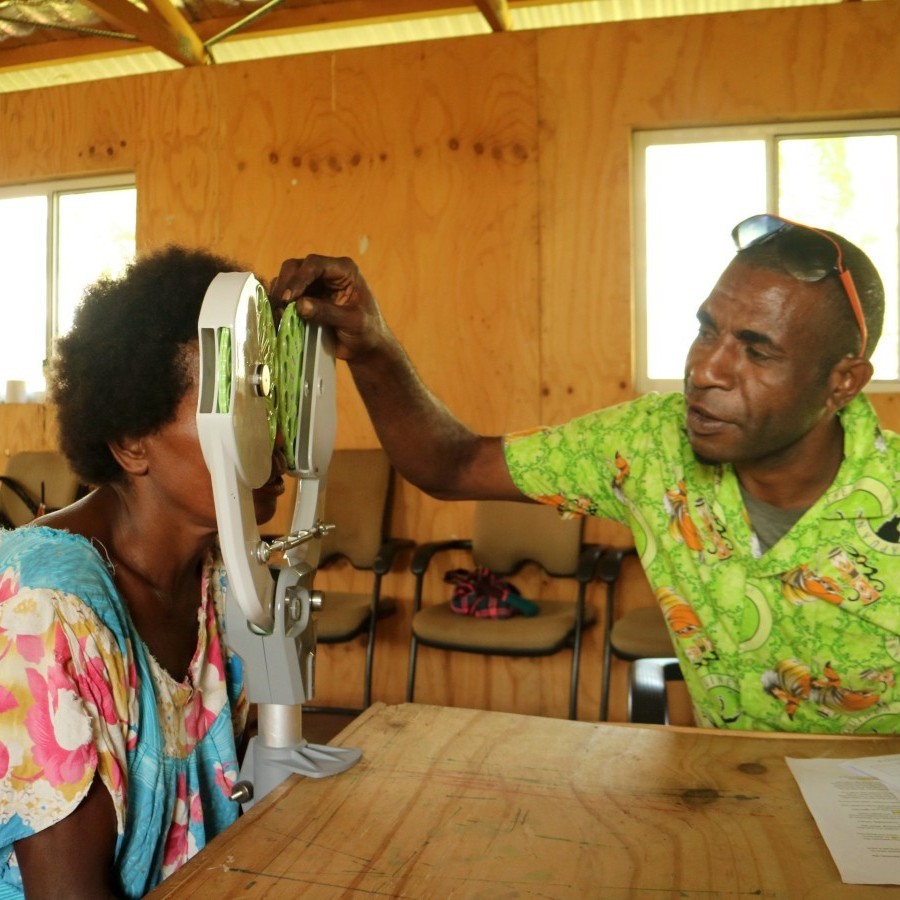
Randwick, New South Wales, Australia
4eyesVision aims to make glasses accessible to all. An estimated one billion people worldwide have impaired vision because they cannot access affordable glasses. The majority are in remote and low-income communities that lack professional services for prescription testing. 4eyesVision has developed a portable kit that includes a vision screening device and a supply of frames and lens strengths that makes it possible for a layperson to provide eye testing and dispense on-the-spot glasses through hospitals, clinics, schools, community groups, and small businesses. The glasses are designed for affordability, durability, and repairability with replaceable parts and onsite assembly to reduce international manufacturing and shipping costs. 4eyesVision Foundation is registered as a charity in Australia.

Mumbai, Maharashtra, India
Théla diverts plastic waste from polluting oceans, filling landfills, and harming wildlife and works with artisan communities to repurpose it into functional bags, accessories, and housewares. They collect, wash, and dry discarded plastic carry bags, garbage bags, food packaging wrappers, and large sheets used in agriculture. The clean plastic is cut by hand into yarn, wound into balls, crocheted or hand woven into circular fabric on traditional looms, and tailored under fair trade conditions into premium finished products. Théla is vegan and zero waste. Products are made with naturally dyed or azo-free organic cotton, scrap materials are donated to recycling initiatives, and packaging is plastic free. Théla offers free talks and training programs on plastic waste awareness and reduction, organizes upcycling workshops, and provides consulting services to support creative, local solutions to the global plastic waste crisis. They are part of the Precious Plastic community.
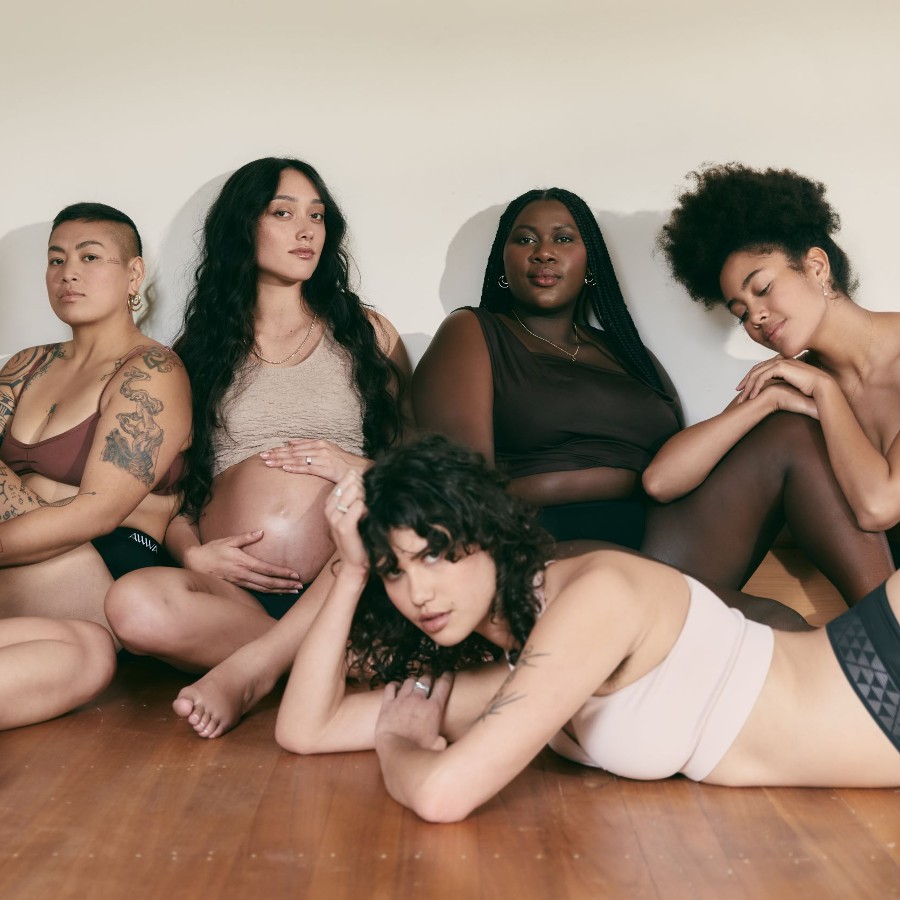
Blenheim, New Zealand
AWWA offers sustainable and inclusive period, incontinence, and postpartum solutions. Their name is derived from the Māori word “awa” meaning river or flow. In the past, Māori referred to their period as te awa atua, the divine river, and AWWA wants every woman to feel divine and empowered during their period. They specialize in reusable absorbent underwear and swimwear that prevent millions of single-use menstrual products from ending up landfills and waterways each year AWWA products are made from certified organic, natural, and recycled fibers by ethical manufacturers and are available for all shapes and sizes from 3XS to 6XL. Two percent of revenue is used to fight period poverty in Aotearoa New Zealand. AWWA measures and offsets at least 120 percent of their carbon footprint with certified carbon credits through Ekos. The carbon credits are sourced from projects that grow and protect native forests in Aotearoa New Zealand and the Pacific Islands and help to deliver climate resilience, waterways protection, erosion control, biodiversity conservation and community economic development. AWWA is Māori women owned, an accredited Living Wage Employer, and a certified B Corporation.
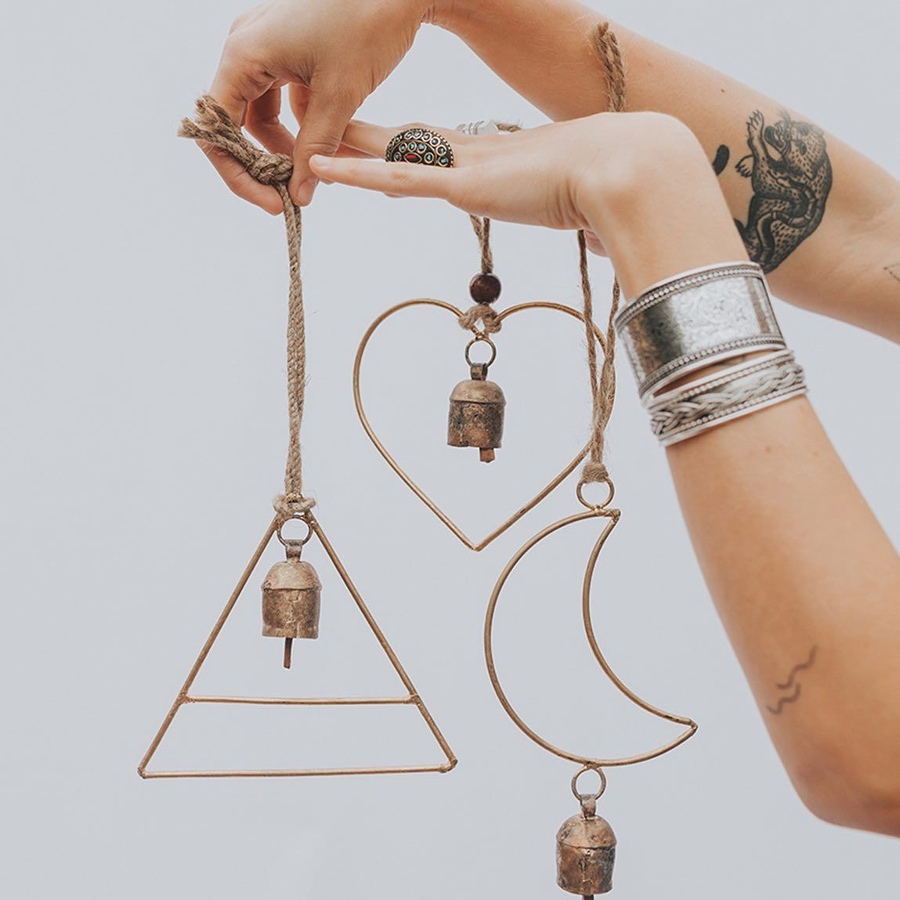
Austin, Texas, United States
Matr Boomie is a fair trade collection that blends the traditional artforms of India with a timeless and modern design aesthetic, bringing people and cultures closer together. They offer housewares, jewelry, bags, accessories, stationery, games, and other handcrafted products made from responsible materials including recycled metal, upcycled textiles, vegetable tanned leather, natural jute, hogla, and clay, sustainably harvested wood, local cotton, and plant-based or azo-free dyes. Matr Boomie works with over 1,500 artisans in marginalized communities throughout India to create economic and sustainable living opportunities. Their artisan partners are committed to fair living wages, safe working conditions, no child labor, and environmentally responsible practices. They address the gender inequality gap and empower women artisans through vocational training, literacy programs, self help groups, and financial independence. Matr Boomie has invested in water filtration systems, solar heating and lighting, tools and safety equipment, health camps, eyeglasses, emergency relief funds, education programs, and community development projects in India. They also contribute to organizations working on homelessness in Austin, Texas. Matr Boomie is a member of the Fair Trade Federation.
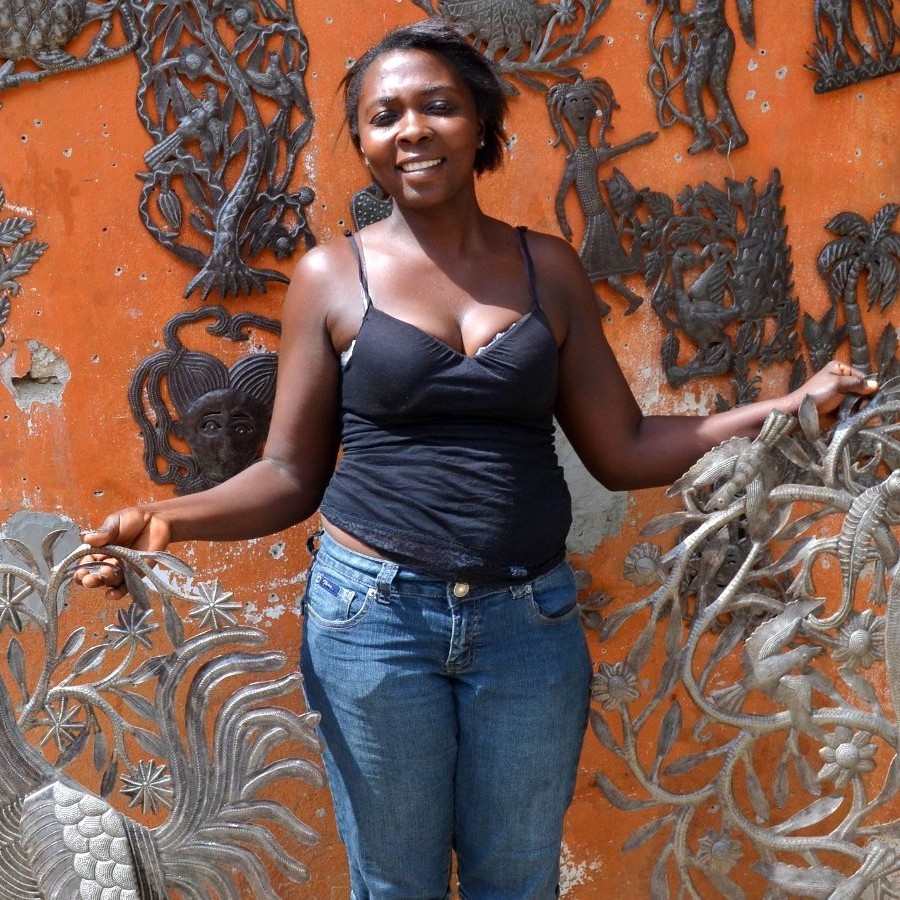
Gonaives, Haiti
Beyond Borders specializes in fair trade Haitian metal art made from recycled steel oil drums. The artisans start with designs inspired by nature and local culture, create cardboard patterns, and trace them with chalk onto the flattened metal from torn-down oil drums. They cut and decorate the metal by hand with a hammer, chisel, and nail, shape and smooth it, and add their signature. The finished pieces can be displayed indoors or outdoors. Beyond Borders provides market access for more than 200 families and supplies retail stores and garden centers throughout the United States. They are a member of Fair Trade Federation.
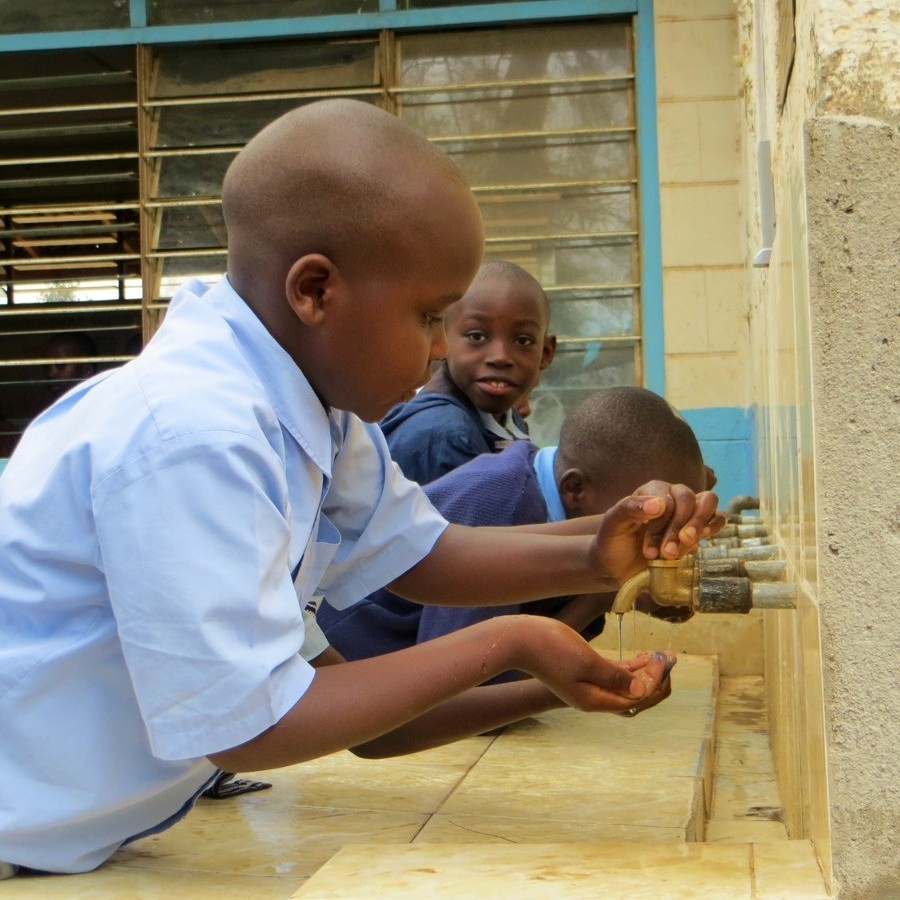
Nairobi, Kenya
Japmor follows a water nexus approach that sees water as a key component in tackling social, health, education, and environmental challenges. Their mission is to ensure everyone has access to safe and affordable drinking water. Japmor engages in partnerships and collaborations to provide sustainable water solutions for last mile communities including systems for water filtration, harvesting, recycling, and management. They also offer water training, education, consulting, and disaster response services, and engage in community tree planting as a climate adaptation measure. Japmor is a founding member of the Social Enterprise Society of Kenya (SESOK) and has been actively involved in drafting and advocating for a national social enterprise policy. They also participate in local forums related to water and sanitation, climate change, and education.
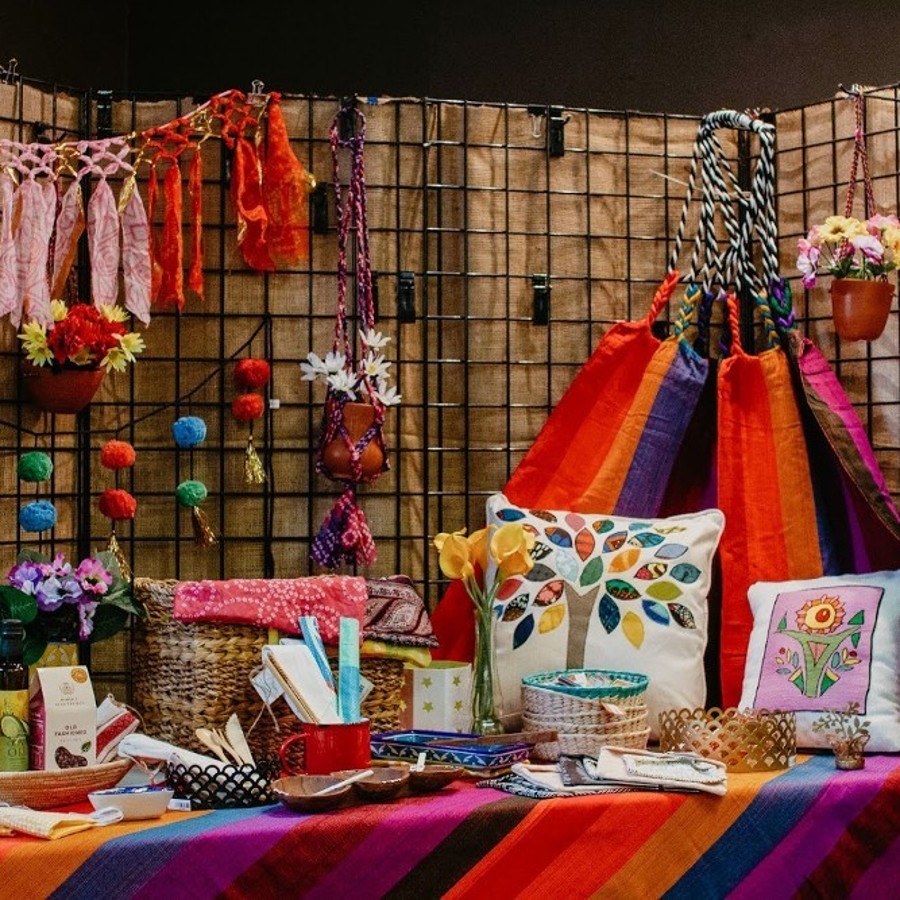
Waco, Texas, United States
World Cup Cafe and Fair Trade Market was started to bring economic development and job opportunities into North Waco, create a place where people of all different backgrounds can gather, and provide living wages to workers and artisans around the world. The cafe offers breakfast, lunch, and desserts, and the market offers fair trade coffee, tea, chocolate, personal care, accessories, housewares, toys, and more. World Cup is part of Mission Waco, a not-for-profit organization that also oversees Jubilee Food Market, a not-for profit grocery store, Urban Reap, a garden center and aquaponic facility, and The Clothesline, a secondhand clothing store. World Cup is committed to “360 degree fair trade,” which means being fair and responsible in everything they do, socially, economically, and environmentally. They form long-term, holistic partnerships, use compostable bags and takeaway containers, source vegetables from Urban Reap, compost their food waste, share their meeting spaces, host art workshops, maintain a lending library, provide educational talks on fair trade topics, and contribute any surplus to Mission Waco community programs. World Cup is a member of the Texas Community Development Network, Waco Chamber of Commerce, Better Business Bureau, and Fair Trade Federation.

Szekszárd, Hungary
Ízlelő Családbarát Étterem provides fair and sustainable employment for people with disabilities through their catering service and restaurants in Budapest and Szekszárd. In Ízlelő, employees with disabilities are not only performing symbolic functions; they have the opportunity to create real value and grow into different positions. The restaurants use high quality local ingredients and source directly from producers whenever possible. They prioritize environmental sustainability and avoid packaging waste. Allergens are included on the menu and special options are available for people with food intolerances. Ízlelő is committed to barrier-free accessibility for workers and customers and has a gold rating from Access4you. They are registered as a not-for-profit limited liability company with public benefit status, which means they reinvest all profits towards their social mission. Ízlelő is part of Társadalmi Vállalkozás Koalíció, the Hungarian Social Enterprise Coalition.
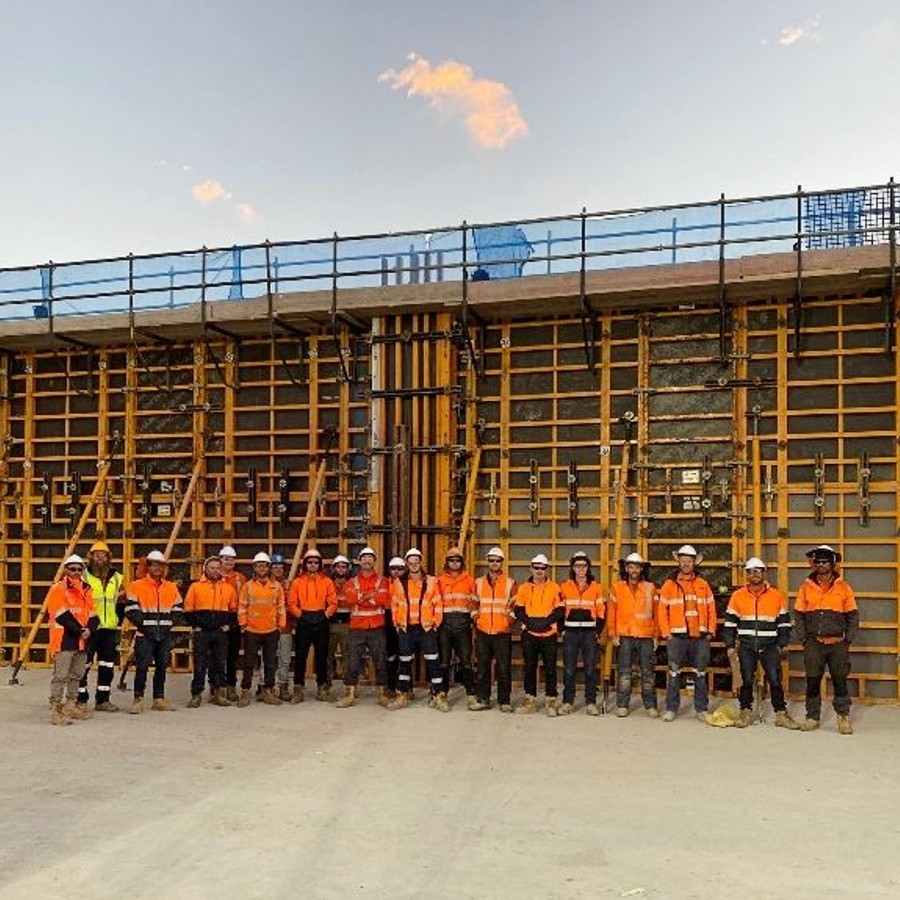
Spring Hill, Queensland, Australia
Ground One Civil provides skilled personnel to the civil construction industry and offers skill development and inclusive employment opportunities for workers from diverse minority groups and disadvantaged communities in Australia. They specialize in civil infrastructure, steel fixing, concrete structures, fiber reinforced polymer (FRP), and maintenance. Ground One Civil liases with local land councils, Indigenous employment agencies, and disability employment agencies and have employed indigenous people, women, immigrants, people with disabilities, and people recovering from corrective service and drug addiction. They create a work culture of pride and belonging and maintain an Incident and Injury Free (IIF) approach to workplace safety, where people are valued and work together to minimise harm to all personnel and property. Ground One Civil is an indigenous woman owned and operated company and is part of Supply Nation, Australia’s leading database of verified Aboriginal and Torres Strait Islander businesses.
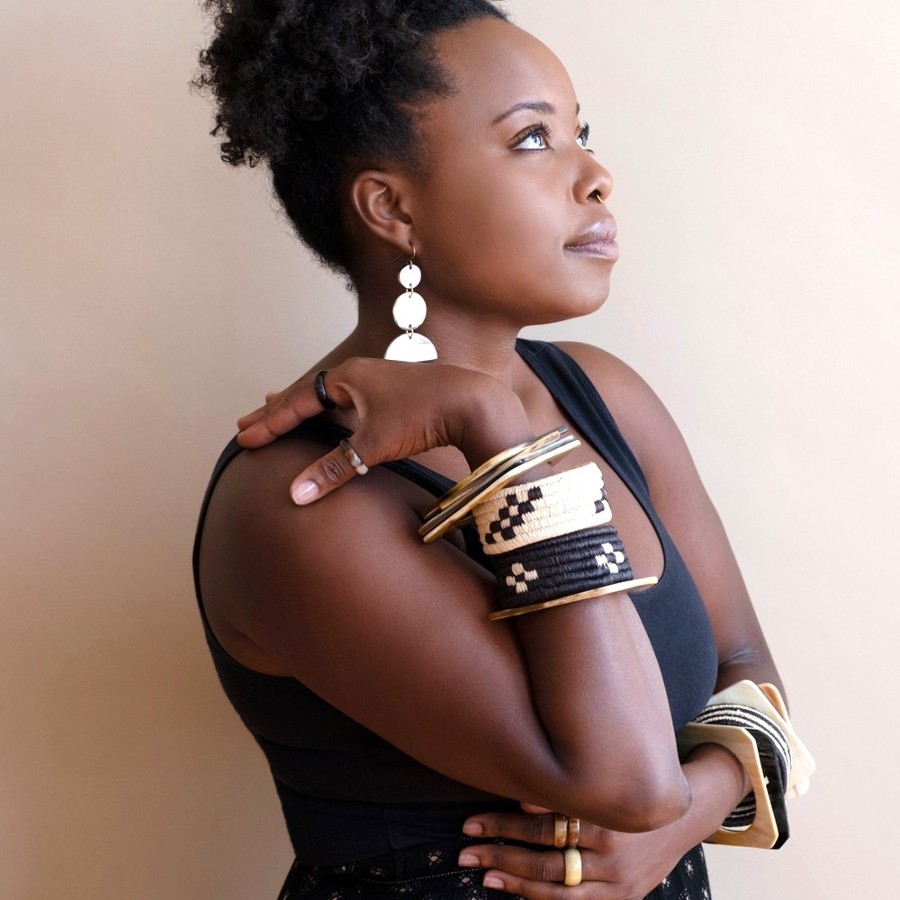
Asheville, North Carolina, United States
Maadili Collective specializes in fair trade baskets, housewares, and jewelry that are handmade in Uganda using sustainable techniques and locally sourced materials. They partner with small-scale artisan communities in areas where opportunities are limited or non-existent in order to promote economic freedom and stability. Together, they cocreate innovative designs intended to enhance skill levels, support artistic expression, and nurture genuine connections between artisans and customers. Baskets are made from banana fiber, raffia, and natural dyes like hibiscus, indigo, madder root and turmeric. Other housewares and jewelry are made from the discarded horns of the Ankole-Watusi, a breed of cattle native to western Uganda. Their horn carving artisans purchase the horns directly from cattle keepers to support the local community. Maadili Collective provides fair living wages and seasonal bonuses, invests in community initiatives, and supports educational programs related to health, family planning, and HIV/AIDS. They purchase carbon offsets for customer shipping. Maadili Collective is part of Fair Trade Federation and Trade+Impact.
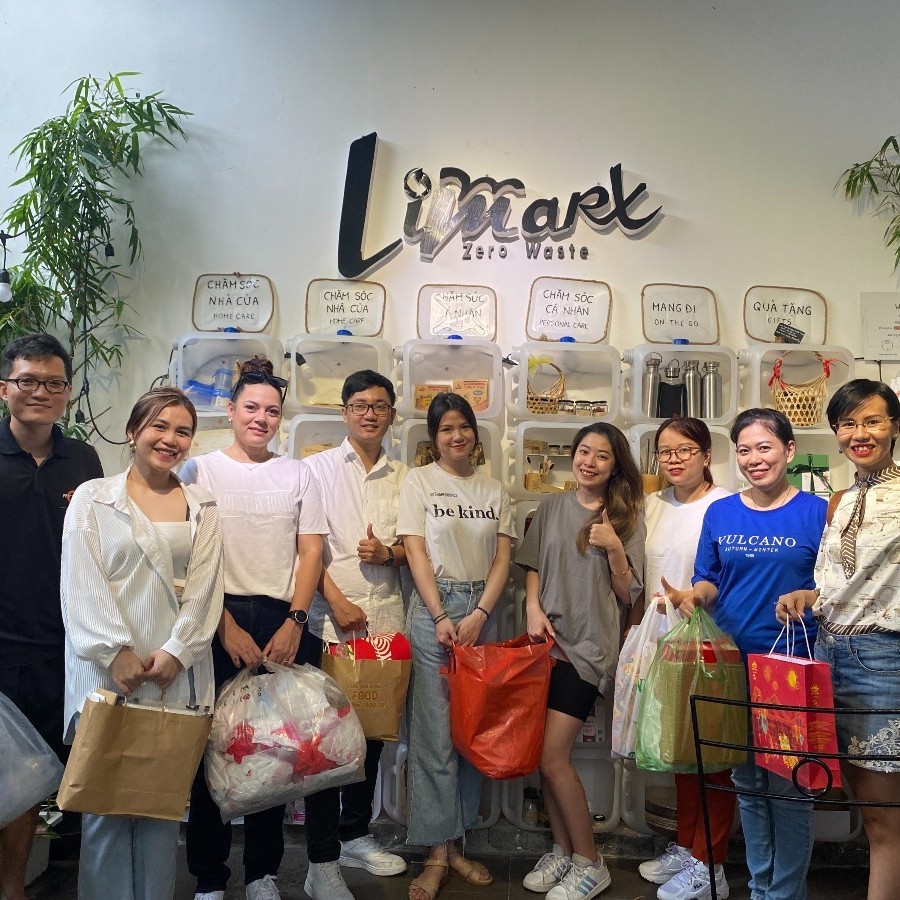
Brisbane, Queensland, Australia
Sharesource was started to equalize opportunities and unleash human potential by building remote teams of smart people for smart disruptive businesses. They partner with visionary educators in low-income countries to identify talented science, technology, engineering, and math (STEM) graduates looking for meaningful work. They then help businesses solving complex real world social and environmental problems create skilled STEM teams from a global talent pool. Sharesource connects their workers with ongoing support, coaches, and their Wellness, Education, and Engagement (WEE) program to facilitate personal and professional growth. They provide cross-skills training for career advancements and transitions and life-skills training in areas like financial literacy and English as a Second Language. Sharesource organizes social impact events and volunteer opportunities in their regional hubs and contributes to Children of the Dump in Manila.
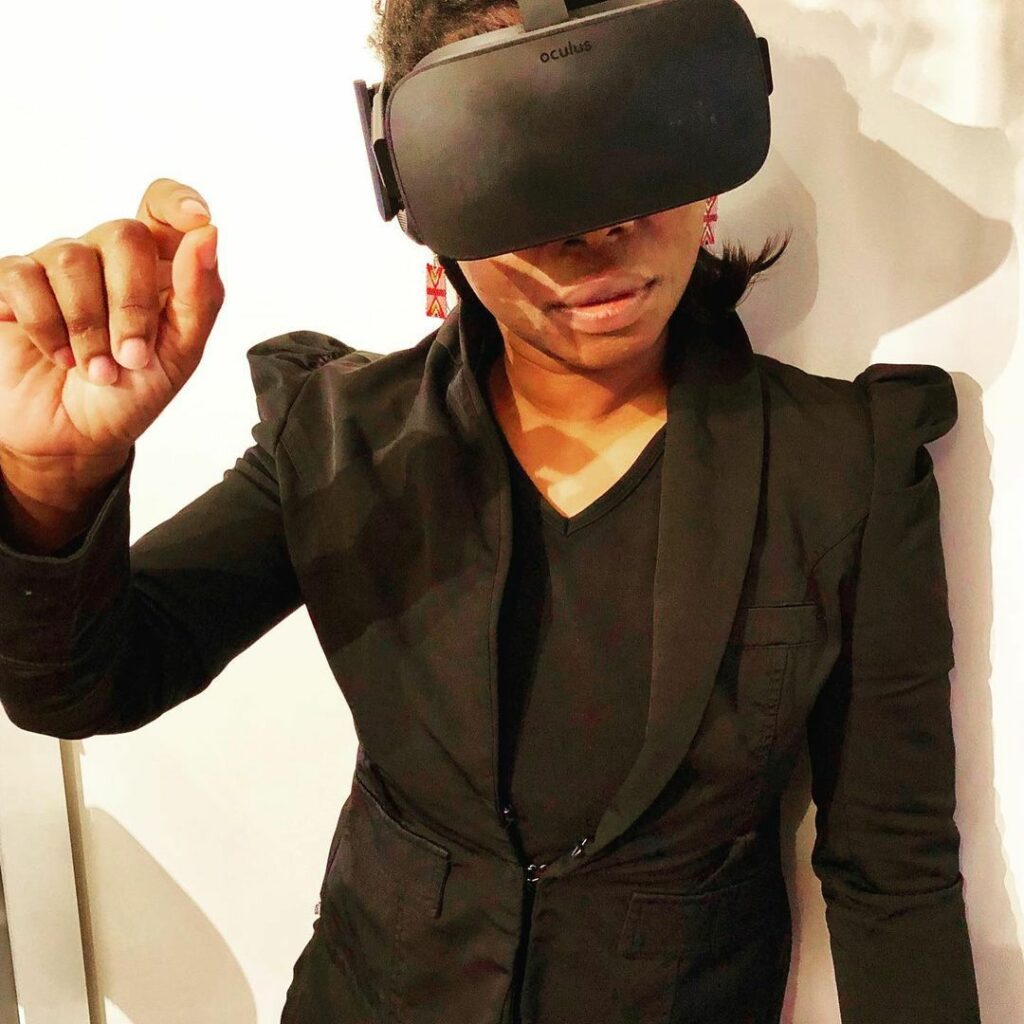
Montreal, Québec, Canada
Cogni XR Health aims to democratize mental health services. Their telehealth platform helps mental health providers deliver effective individualized care through an artificial intelligence (AI) driven assessment and diagnosis system and a self-directed virtual reality (VR) based treatment journey. Cogni XR improves engagement and enables patients to measure their progress. It is used by Employee Assistance Programs (EAP), educational institutions, and mental health providers that serve individuals struggling with post-traumatic stress disorder (PTSD), anxiety, phobia, and other cognitive or behavioral health challenges. Cogni is part of Coralus (formerly SheEO), Salon International de la Femme Noire, and Afrotech.
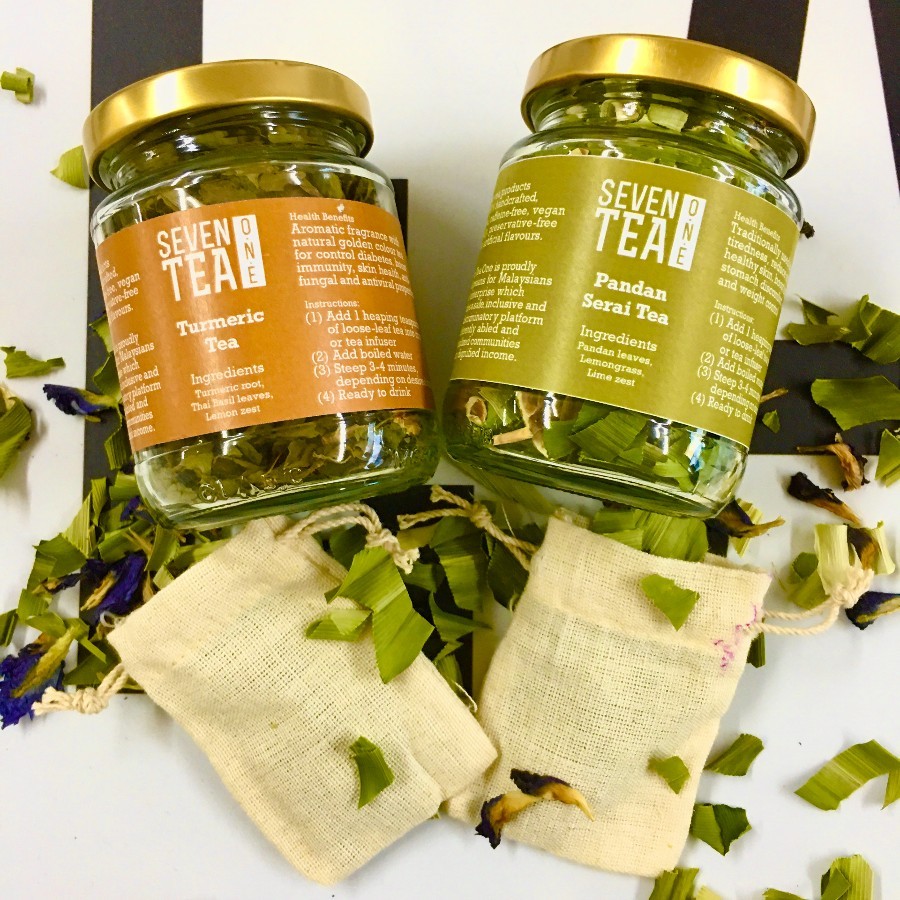
Selangor, Malaysia
Seven Tea One produces natural herbal teas, cookies, dried fruits, and soaps and provides a safe, inclusive and non-discriminatory platform for differently-abled and marginalized communities to learn employment skills and earn dignified income for sustainable living. The teas are made from freshly harvested local ingredients like ginger, turmeric, blue butterfly pea flower, lemongrass, pandan, and curry leaves. Seven Tea One has developed a specialized training and Employment Transition Program (ETP) to help young people with disabilities and young single mothers prepare for job placements and independence. They participate in marketplace events and provide catering services to help develop social skills, raise public awareness, and foster inclusive communities. Seven Tea One uses a portion of their revenue to supply free food to marginalized communities and people in need. They are an accredited social enterprise through the Malaysian Ministry of Entrepreneur Development and Cooperatives (MEDAC).
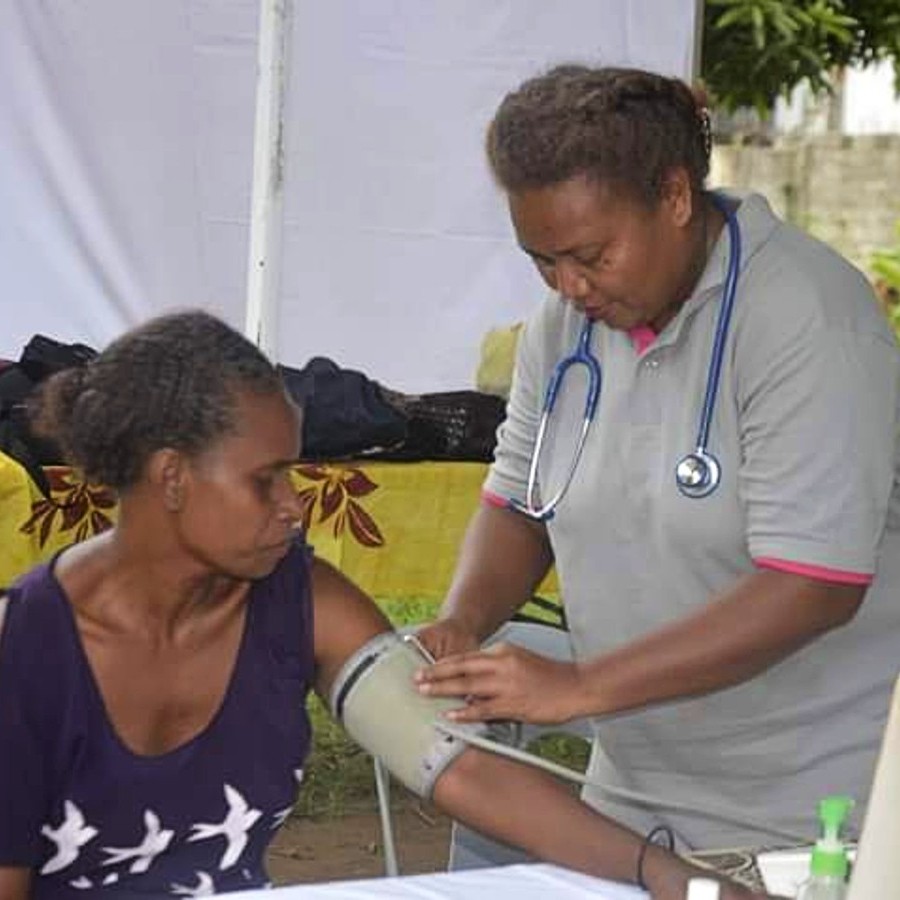
Honiara, Solomon Islands
Mere Care was founded by a woman doctor in the Solomon Islands to improve the health and wellbeing of local women. Nearly three out of four of the women they serve in Honiara are victims of domestic and gender based violence. Mere Care takes a holistic approach that includes health education workshops, mobile clinics, telemedicine services, water filtration systems, economic empowerment talks, advocacy, and partnerships. They donate 10 percent of their earning to community service. Mere Care is part of yher Pacific, Pacific Connect, and other regional networks.

Ladson, South Carolina, United States
Sevya offers fair trade apparel, accessories, and housewares that are handmade by artisan groups throughout India. Their unique, contemporary designs showcase India’s rich textile craft traditions like handloom weaving, block printing, Bandhani tie dye, and embroidery and are made from natural fibers and low impact dyes. Products are available in their online retail store and in museum shops, boutiques, catalogs, and fair trade stores throughout the United States, Canada, and Europe. Every purchase helps ensure artisan communities earn a sustainable livelihood so they can continue their craft and pass their knowledge and skills on to the next generation. Sevya was founded in 2002 under the guidance of Vedanta teacher Swami Dayananda Saraswati. They are affiliated with the All India Movement for Seva, a registered 501(c)3 not-for-profit initiative, and also support local women’s organizations and organizations working to preserve the environment and indigenous cultural traditions globally. Sevya Handmade is a member of Fair Trade Federation.
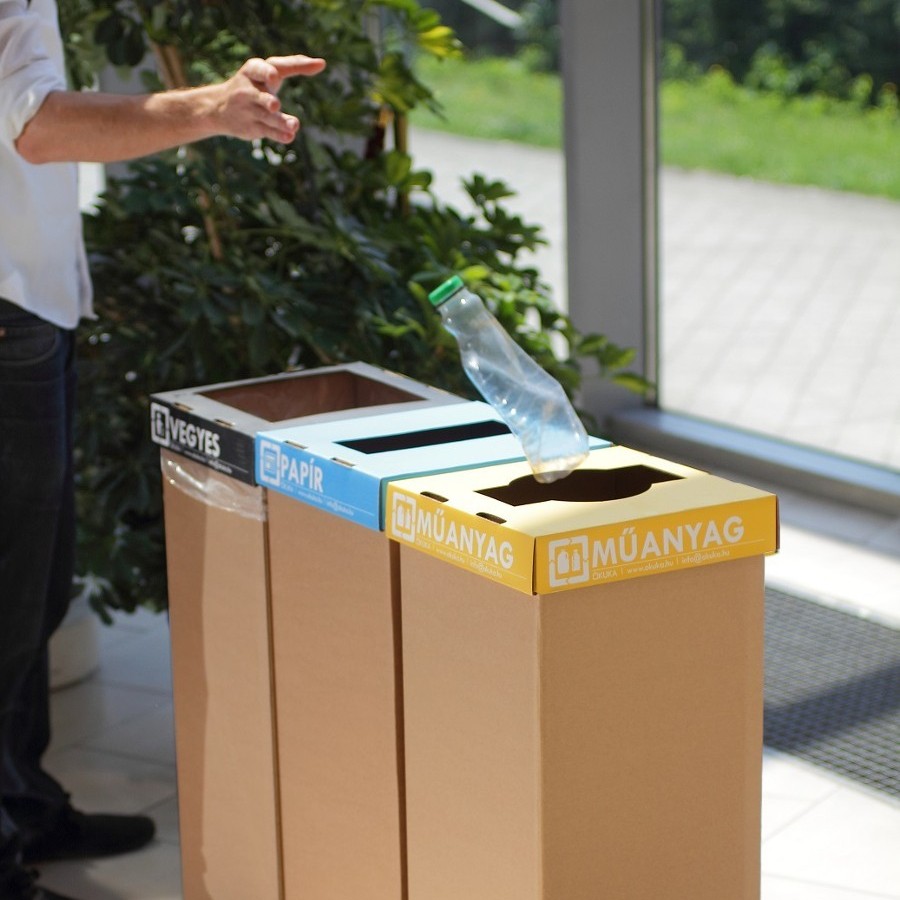
Budapest, Hungary
Recobin offers affordable indoor recycling bins made from recycled cardboard and designed for a circular economy. The bins can be used to collect PET bottles, paper, cans, biowaste, and mixed waste and are ideal for office buildings, public institutions, schools, conferences, and other events. They are transportable on pallets, quick and easy to assemble, durable, and recyclable at end of life. Recobin provides a range of complementary services including customization with logos or other artwork, planning, setup, monitoring, staff training, recycling campaigns, and waste flow assessments.
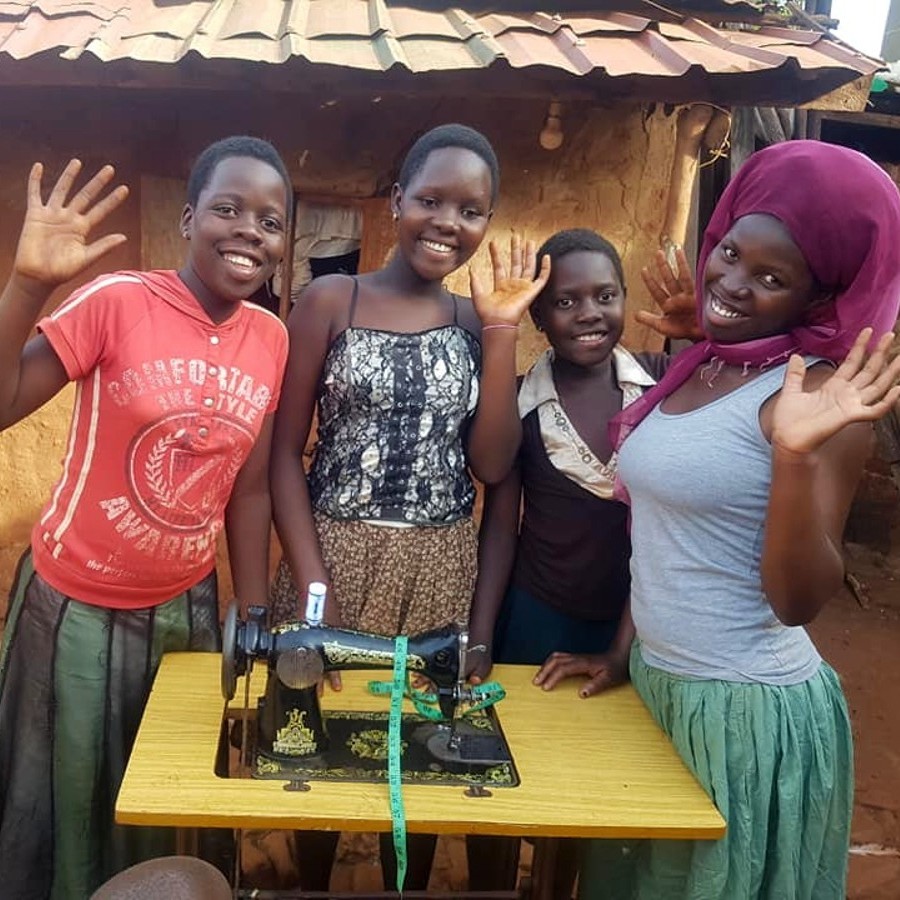
Cleveland, Ohio, United States
Revy helps connect their artisan partners in El Salvador and their community partner in Uganda with customers and supporters in the United States. Their fair trade products include upcycled rubber bag, belts, and wallets from Alabi Recycling, naturally dyed accessories and housewares from Alma de Añil an organic indigo farm, and handmade clay, coconut, and mora gourd jewelry from the La Mora Jicambu, Jaragua, Ilobasco, and Las Tinecas artisan cooperatives. Revy Fair Trade sells through their shop in downtown Cleveland, their online store, and a network of wholesale partners. Revy Foundation collects online donations to support healthcare, education, women entrepreneurs, access to clean water, and human trafficking prevention in rural Uganda and passes on 100 percent of the collected funds to Byonabyangu Childcare Foundation, a local community organization. Revy is a Green America Certified Business and part of Fair Trade Federation.

Austin, Texas, United States
Raven + Lily offers fair trade bags, jewelry, and housewares handcrafted from natural and sustainable materials by women artisans around the world. Their materials are regionally sourced by the artisan groups and include vegetable tanned leather, handwoven Ethiopian cotton, upcycled brass, horn, and glass, and natural olive wood. Products are designed and made to last. Raven + Lily is women led and has a predominantly female workforce. They ensure everyone has access to living wages, a respectful workplace, paid maternity leave, and flexible work hours, whether they are employed directly or through their artisan partners. They give one percent of sales to organizations that support the communities they work in. In the United States, this includes the Women’s Fund at the Austin Community Foundation, the SAFE Alliance, the NAACP, Reclaim the Block, and the African American Youth Harvest Foundation. Raven + Lily is registered as a Public Benefit Corporation, has B Corp certification, and is part of Fair Trade Federation.
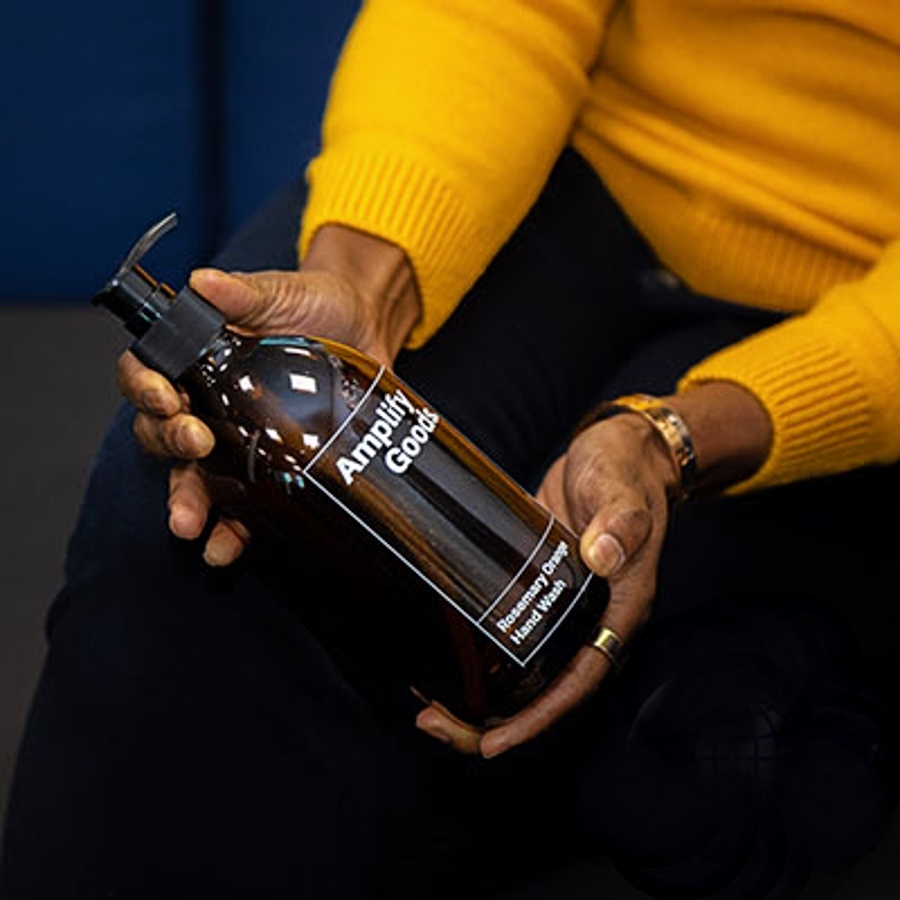
London, England, United Kingdom
Amplify Goods supplies bulk essentials to businesses looking for net-zero circular supply chain solutions and uses the profits to support quiet changemakers, the people working tirelessly behind the scenes to make positive changes for everyone. The pink pearlized soap and handwash currently used in offices and public facilities throughout the United Kingdom are made from petrochemical ingredients that are harmful to human health and the environment and create unnecessary waste. Amplify Goods offers an affordable alternative. Their handwash and other bulk consumables are vegan, biodegradable, safe for aquatic systems, and manufactured in the UK from RSPO certified sustainable palm oil. They also offer built-to-last dispenser bottles and wall brackets and a reverse supply chain to collect, clean, and refill bulk containers. Amplify Goods partners with suppliers to improve ingredients, packaging, logistics, community involvement, diversity in hiring, waste streams, and energy management. They donate to Tree Sisters for each purchase order and use 50 percent of profits to support the physical and mental wellbeing of quiet changemakers working towards a just transition. Amplify Goods is Certified Vegan, PCX Plastic Neutral and has an Earthly Climate Positive Team. They are part of Social Enterprise UK, SME Climate Hub, the Ellen MacArthur Foundation Community, ReLondon, WeConnect, IEMA, and the Association of Sustainability Practitioners.
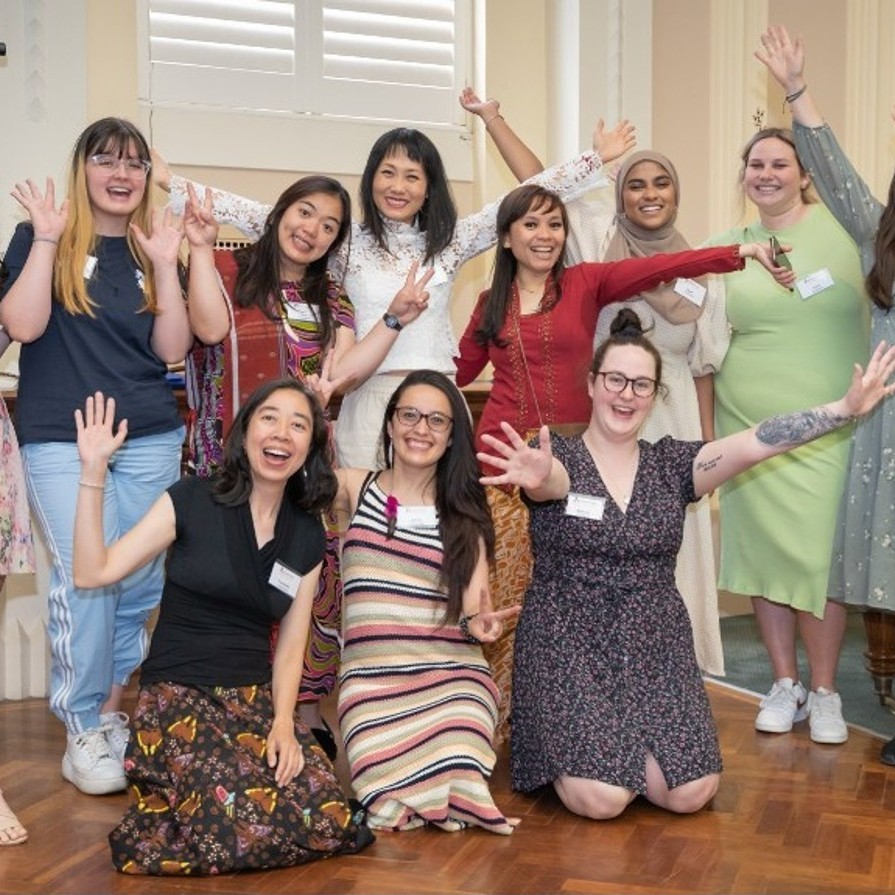
Richmond, Victoria, Australia
SisterWorks supports women who are refugees, asylum seekers or migrants to improve their confidence, mental wellbeing, sense of belonging and economic outlook. Their Empowerment Hubs in Richmond, Bendigo, and Dandenong provide safe, friendly, and nurturing spaces, equip the women with the practical skills to adjust to their new life in Australia, and enhance their economic self-sufficiency through employment or entrepreneurship opportunities. When new Sisters join, they go through an initial assessment to determine what types of activities or pathways are best suited based on their knowledge, skill set, and personal interests. To date, they have supported more than 900 women from more than 70 countries. The Sisters’ handmade ethical and sustainable products are sold through the SisterWorks Richmond shop, their online store, markets, events, and wholesale partners. Products include artisanal foods, candles, housewares, jewelry, accessories, and more. SisterWorks is a Social Traders Certified Social Enterprise. They are registered as a not-for-profit and reinvest all proceeds to create positive change for women who are migrants, refugees and asylum seekers.

Vámosújfalu, Hungary
Búzavirág was established in 1997 to provide visually impaired people in Hungary with opportunities for a full life. They provide residential facilities for visually impaired adults who grew up under state care, day services for visually impaired people in the Sárospatak Region, and barrier free employment opportunities for both groups. Búzavirág specializes in gardening, loom weaving, cane weaving, and pottery and sells ceramics, baskets, trays, bags, rugs, garden pots, and other practical housewares and accessories in the local market. They also offer craft camps for schools, churches, and children’s homes. The Búzavirág facilities include accommodation for up to 30 children and 4 group leaders. Meals are made from vegetables and fruits grown onsite, and classes are taught by visually impaired master craftspeople. Discounts are provided for people with disabilities. Búzavirág residents live in independent apartments, take care of their own shopping, cooking, washing, and cleaning and can keep a guide dog, get married, and raise children. Búzavirág is part of Társadalmi Vállalkozás Koalíció, the Hungarian Social Enterprise Coalition. They are registered as a public benefit not-for-profit foundation and reinvest all profits towards their social purpose.

Minneapolis, Minnesota, United States
Fair Anita partners with more than 8,000 women artisans around the world to build a more inclusive economy for women and make affordable fair trade accessories so that everyone can participate in wearing their values and contributing to positive change. Their partner cooperatives use recycled metal, organic cotton, upcycled textiles, and other sustainably sourced materials to create unique jewelry, bags, scarves, and more. The cooperatives pay artisans fair wages, provide health insurance and educational scholarships, and invest back into their communities. Fair Anita participates in carbon offset programs, plants trees with their partners in India, and ships everything in reused packaging to minimize costs and environmental impact. They donate to nonprofits that support women in the Twin Cities and around the world including Women’s March, Dress for Success, Sisterhood Boutique, Ann Bancroft Foundation, Survivor’s Memorial, YWCA, and International Justice Mission. Fair Anita is registered as a Minnesota Public Benefit Corporation and is a member of Fair Trade Federation and the Museum Store Association.

North Ryde, New South Wales, Australia
Glow Up Careers empowers everyone to have the career of their dreams, no matter who they are or where they are from. They offer affordable career coaching services to individuals preparing for the future, actively on the job market, or looking to grow in their current organization. For companies, government agencies, and other employers, they offer professional development and leadership accreditation, outplacement and transition services, reskilling and upskilling programs, customized workshops, and support to integrate diversity and inclusion into hiring practices. Glow Up Careers works through a diverse network of accredited career coaches including people who are disabled, multicultural, and multilingual. They partner with community organizations and charities to provide pro bono coaching to refugees, new migrants, and people from disadvantaged backgrounds.
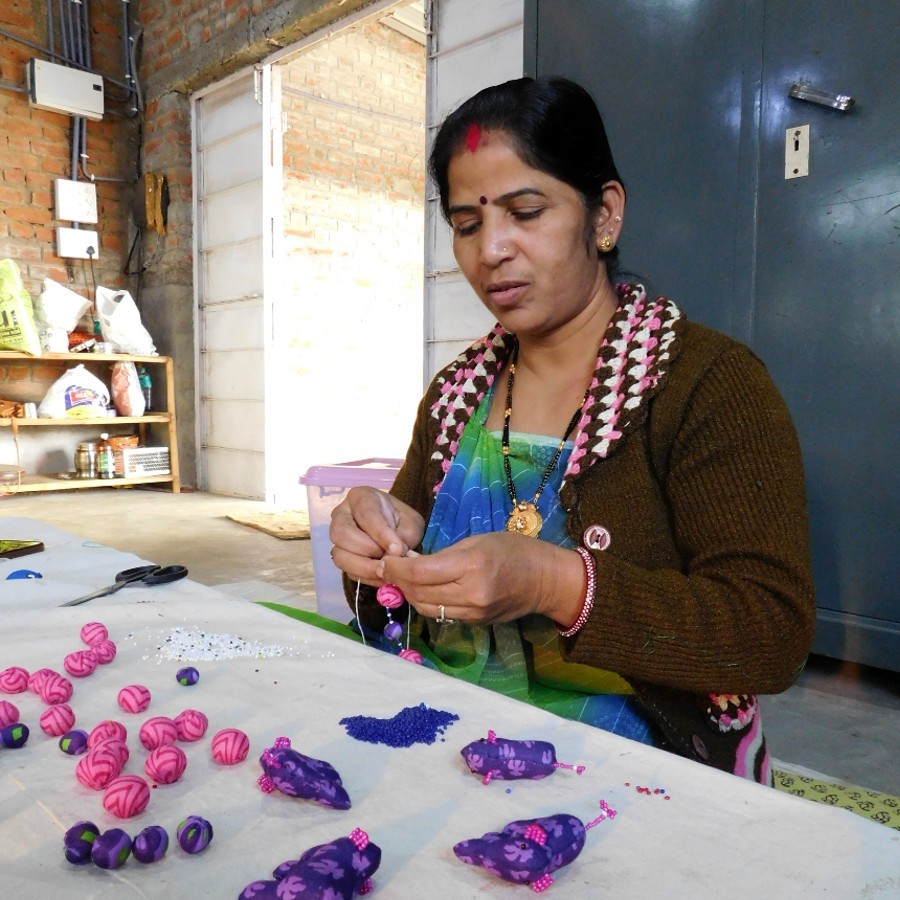
Mangal Mahudi, Gujarat, India
Sahaj India was started in 1994 to support the economic empowerment of tribal women in eastern Gujarat. They generate livelihood opportunities that provide alternatives to outward migration, uplift social status, increase education, health and financial security, and enable women to make their own life choices. Sahaj is known for their hand beaded jewelry, accessories, and housewares. The women artisans are stakeholders, not beneficiaries. They participate in decision making, serve as trainers, go to the cities for exhibitions, and have a sense of ownership and responsibility over all stages of production. Sahaj supports design development, skill training, and market access. They also help artisans register with the government, form self help groups, set up bank accounts, and access financial literacy training, insurance schemes, and other services. The Sahaj campus preserves more than 50 species of local and rare trees and guests are invited to plant a tree whenever they visit. Sahaj is registered as a trust and reinvests all profits towards their mission.
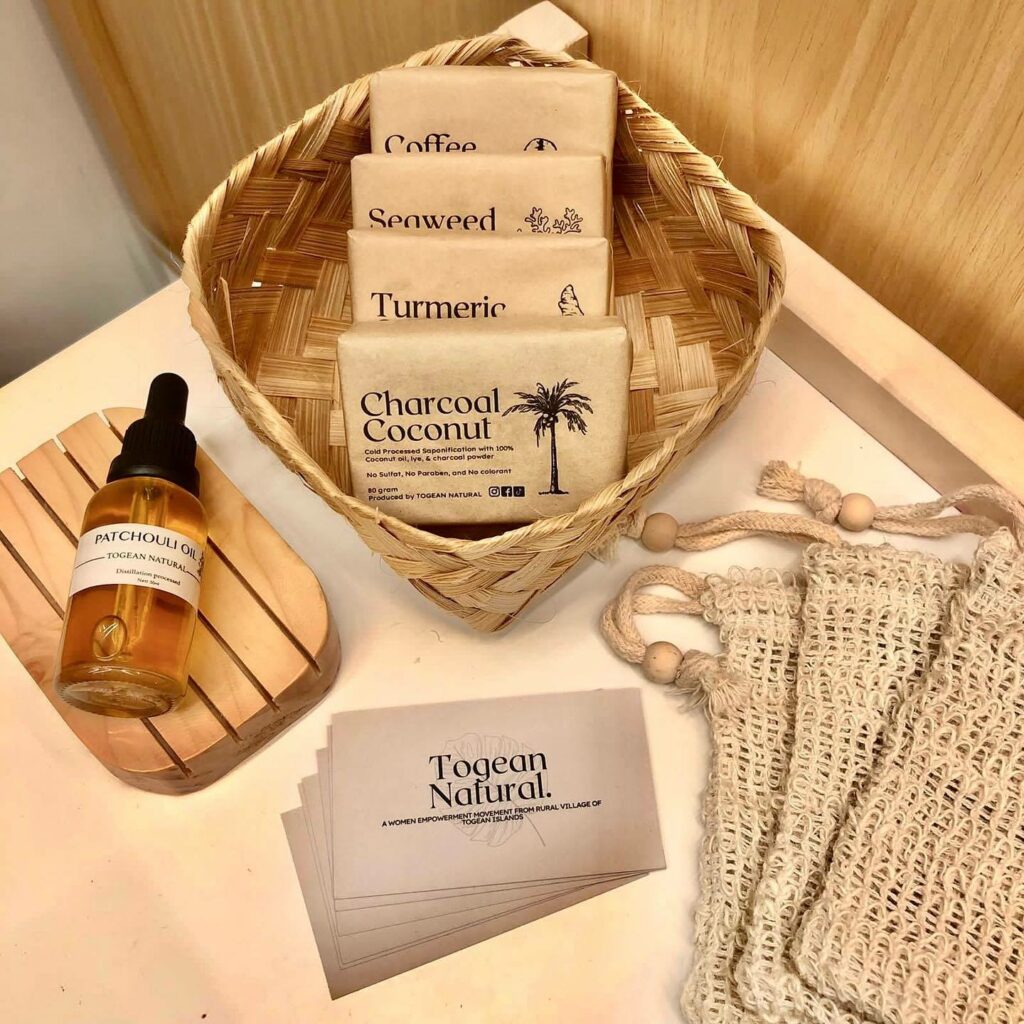
Tojo Una-Una, Sulawesi, Indonesia
Togean Natural works with women in remote villages of the Togean Islands in Sulawesi to produce natural soap, patchouli oil, and coconut oil using local ingredients, filtered rainwater, and solar energy. The oils are made by hand in Tumbulawa village and the soaps are made using cold process saponification by women in Siatu, a floating village of ethnic Bajau. They source coconut, patchouli, seaweed, coffee, turmeric, cloves, and other materials directly from local producers. Togean Natural provides natural soap for free in the participating villages and is committed to selling at affordable prices to protect the ocean and reduce the damage caused by synthetic petrochemical soaps. They operate out of Togo Eang Eco Lodge, participate in coral planting, and mangrove planting, and are part of the Togean Conservation Foundation and the Global Ecovillage Network Oceania and Asia.
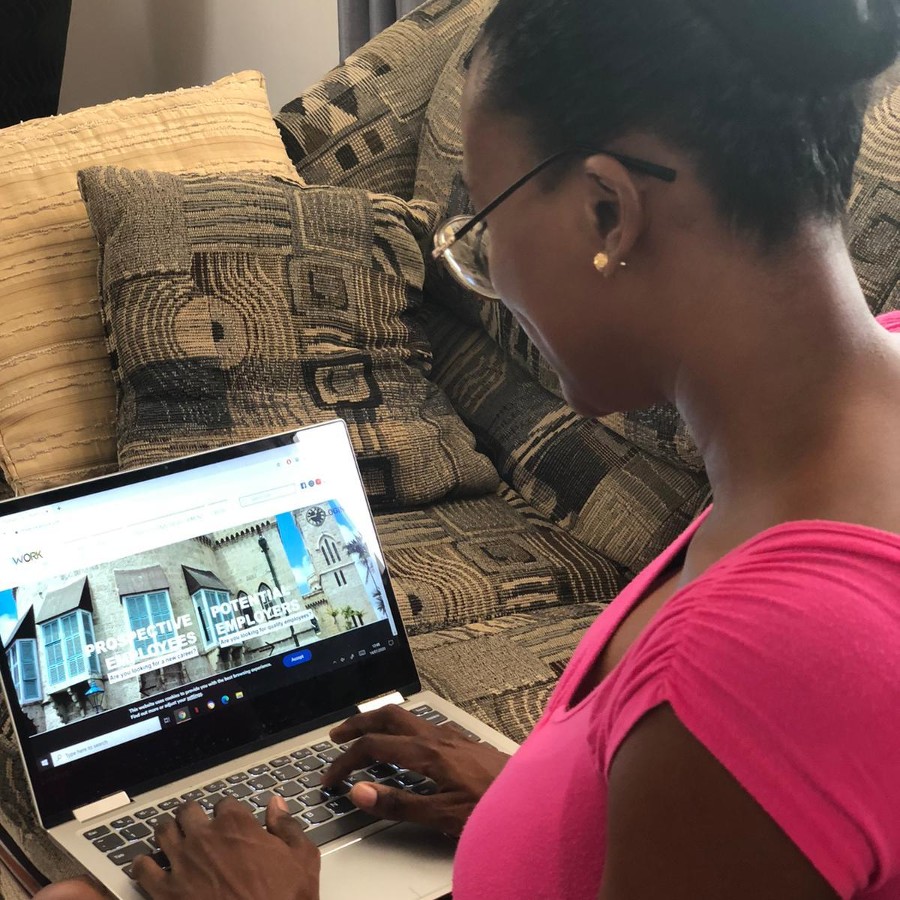
Bridgetown, Barbados
Work Consultancy fosters professional, corporate and social development in Barbados by helping people secure purposeful jobs. They offer a range of services for job seekers including career coaching, CV reviews and revamps, job search and job application assistance, interview preparation, and contract reviews. Work Consultancy partners with businesses, social service organizations, and community groups to offer webinars on personal and professional development. They also work with universities and colleges to deliver a Professional Development Programme that pairs students with mentors in their field of interest and coordinates paid internships. For secondary students, they organize Careers of the Future events to raise awareness of new career opportunities in areas like fintech, aquaponics, and social entrepreneurship. They are currently creating a virtual student development network called Thrive. Work Consultancy is part of the Queens Commonwealth Trust Network and MovingWorlds.
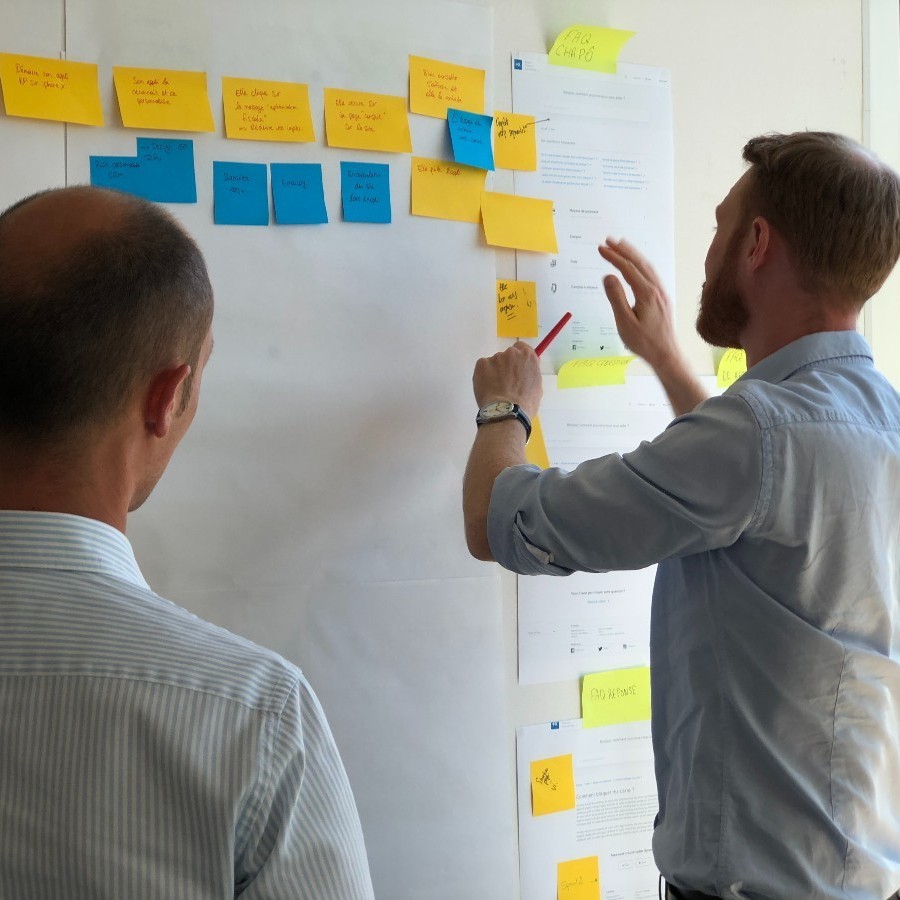
London, England, United Kingdom
Minds Ahead aims to revolutionize mental health in schools and colleges for generations to come by developing an education workforce with the knowledge and skills to effectively support the mental health needs of pupils, staff, parents, and school leaders. They provide training, postgraduate specialist qualifications, and consultancy services to schools and colleges in the United Kingdom. Participating staff members develop frameworks and strategies that draw on the latest academic research from around the globe but are tailored to their particular setting’s unique needs. Minds Ahead is committed to diverse and inclusive recruitment and flexible work. Their staff includes people with caregiving responsibilities for young children, elderly parents, and people with disabilities. Minds Ahead is part of Social Enterprise UK, UnLTD, Social Investment Business, PwC Social Entrepreneurs Club, Association of Mental Health Providers, and Fair Education Alliance. They are registered as a Community Interest Company (CIC) and partner with other CICs whenever possible.
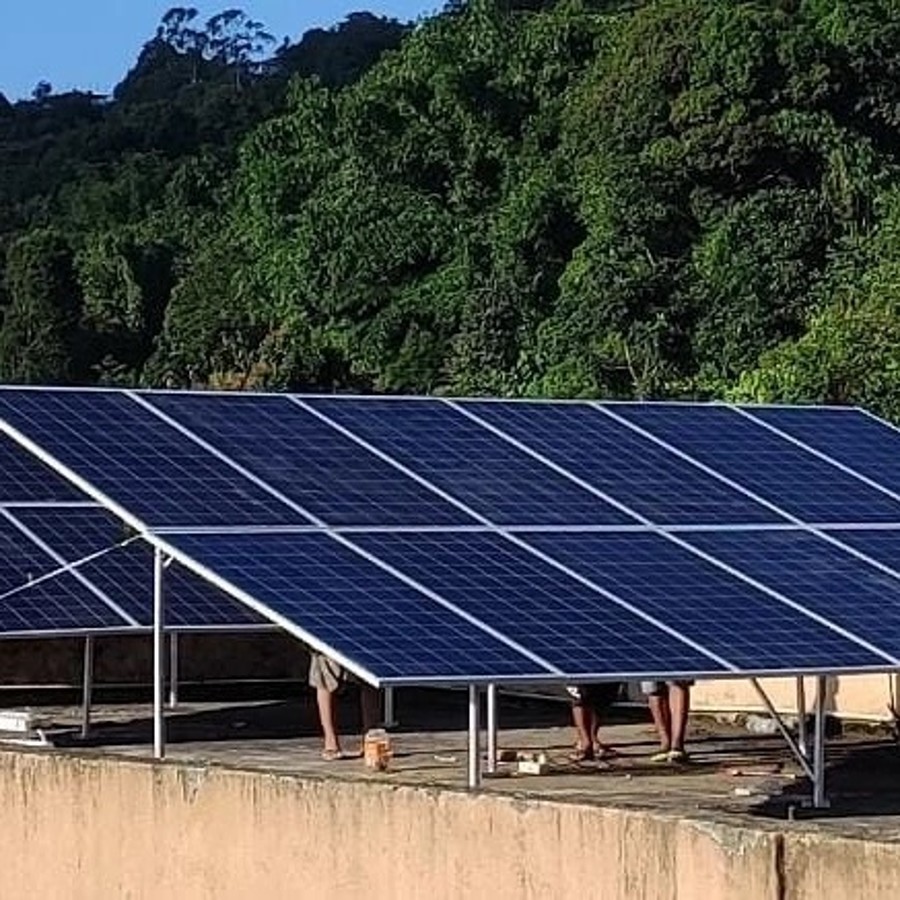
Guwahati, Assam, India
Lits N Lights offers renewable energy solutions and services in Assam. They provide affordable solar home lighting systems for low income families, solar street lights, solar pumps, solar water heaters, and custom solar installations for schools, health centers, ambulances, and community infrastructure. Lits N Lights sources local products whenever possible and partners with social service organizations to support people in need.
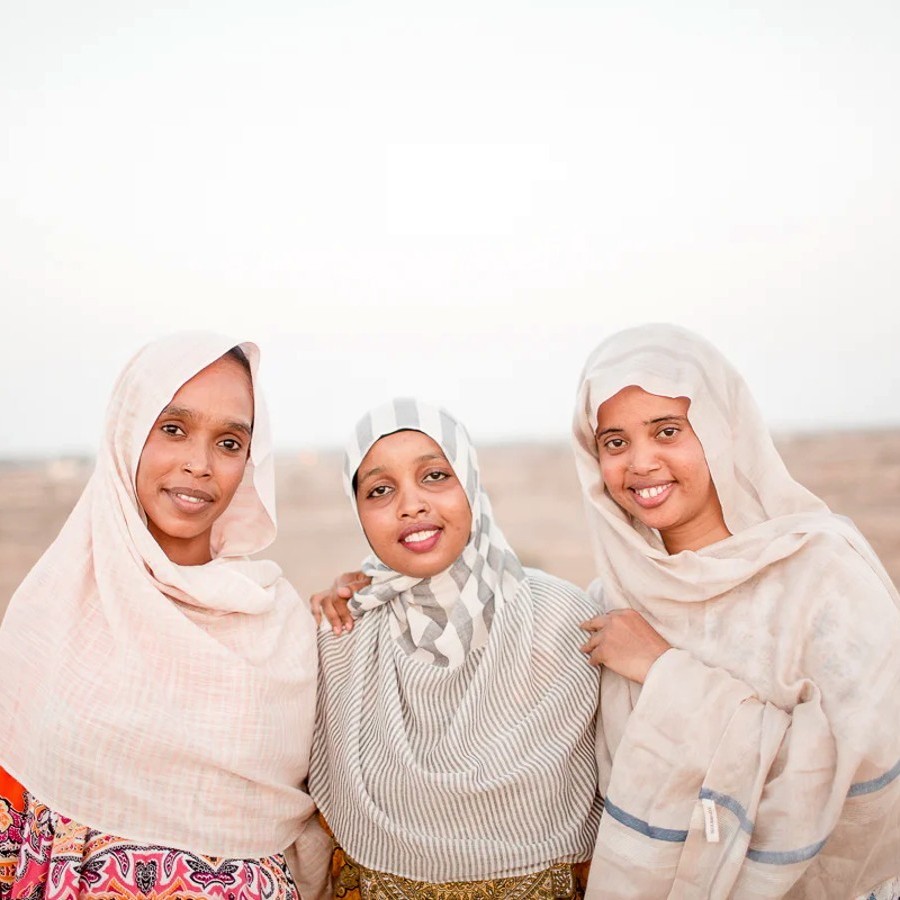
Alexandria, Virginia, United States
Dreamer & Co offers fair trade jewelry from the Horn of Africa with a focus on inspiring conscious consumption and empowering women through dignified employment. They partner with Riyo Rumoday, a group of women artisans that specialize in handmade paper beads. Dreamer & Co pays fair trade prices to ensure sustainable living wages and provides design support, materials, skill development, and market access. They are committed to environmental stewardship and have been working to eliminate plastic packaging, expand their range of upcycled products, and transition to environmental responsible materials and fittings. Dreamer & Co is a member of Fair Trade Federation.
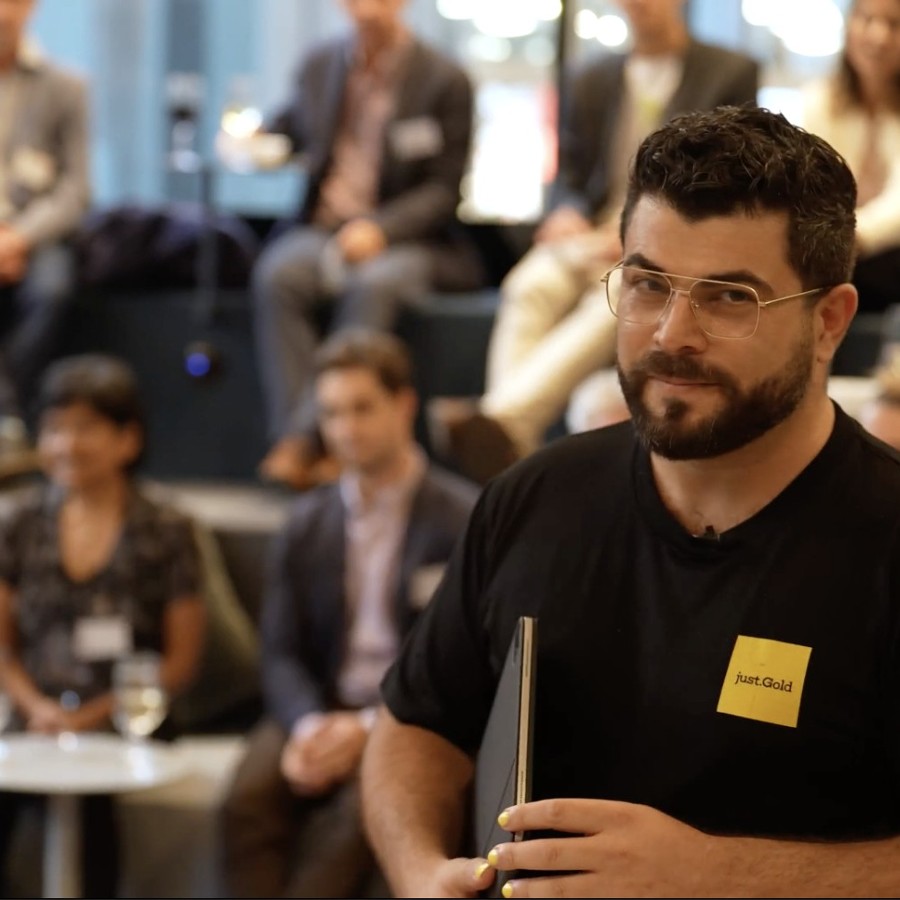
Melbourne, Victoria, Australia
Just Gold is a full service digital agency on a mission to empower people and tear down social barriers. They work with government, businesses, and other organizations to deliver strategic communications and creative projects while amplifying impact. Services include video and podcast production, website creation, social media campaigns, branding, graphic design, digital events, marketing plans, and social impact consulting. Just Gold employs highly skilled professionals from groups facing barriers including women, caregivers, LGBTIQ+, migrants, refugees, and people with disabilities. They use their profits to offer pro bono and discounted services to projects with purpose and to produce awareness campaigns and digital content focusing on social justice, multicultural issues, LGBTIQ+ visibility, gender and age inequity, and more. Just Gold is a certified B Corporation and a Social Traders Certified Social Enterprise.
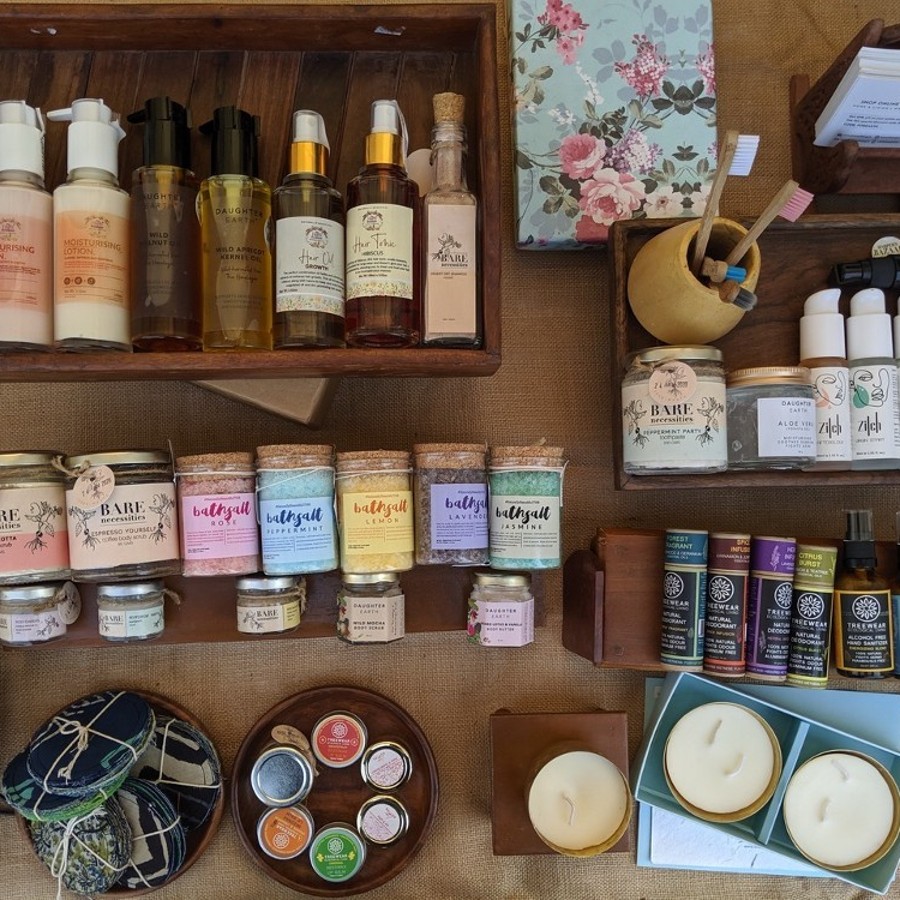
Mumbai, Maharashtra, India
Brown Living raises awareness about conscious consumption, makes environmentally responsible products easily accessible, and provides a growth platform for artisans and small businesses committed to sustainability. Their online marketplace offers a wide range of everyday products that are made in India for India and carefully curated for a sustainable, vegan, toxin free, zero waste lifestyle. Brown Living prioritizes partners that have an environmental mission, are socially inclusive and transparent, follow fair trade practices, and work towards resource efficiency and a low carbon footprint. All orders are packaged and shipped plastic free directly from the production location. Brown Living calculates carbon emissions and offsets through tree planting projects with Grow Trees. They contribute to Ek Saath Foundation and ACORN Foundation.

Glasgow, Scotland, United Kingdom
Social Enterprise Direct emerged from Advice Direct Scotland, a digital advice hub that provides free services to people in need, to focus on business solutions that could contribute to positive change. They provide inbound and outbound customer service solutions to commercial clients throughout the United Kingdom. Their cutting-edge technology and skilled agents provide a personalized experience and enable customers to get in touch through phone, email, social media, web chat, SMS, or bespoke online portals. Social Enterprise Direct also offers an accredited training academy, debt advice services, and energy services to increase efficiency and reduce energy bills and emissions. Through these services, Social Enterprise Direct is able to provide training and job opportunities for people facing barriers to meaningful employment. Their team specializes in providing compassionate support to all of their clients’ customers including people from vulnerable and disadvantaged groups. All profits are reinvested into their parent organization, Advice Direct Scotland, to support communities and individuals in need. They actively partner with other organizations working towards towards poverty reduction and improved access to information and advice. Social Enterprise Direct is a Carer Positive Employer and has Living Wage Employer and Social Enterprise Mark accreditation.
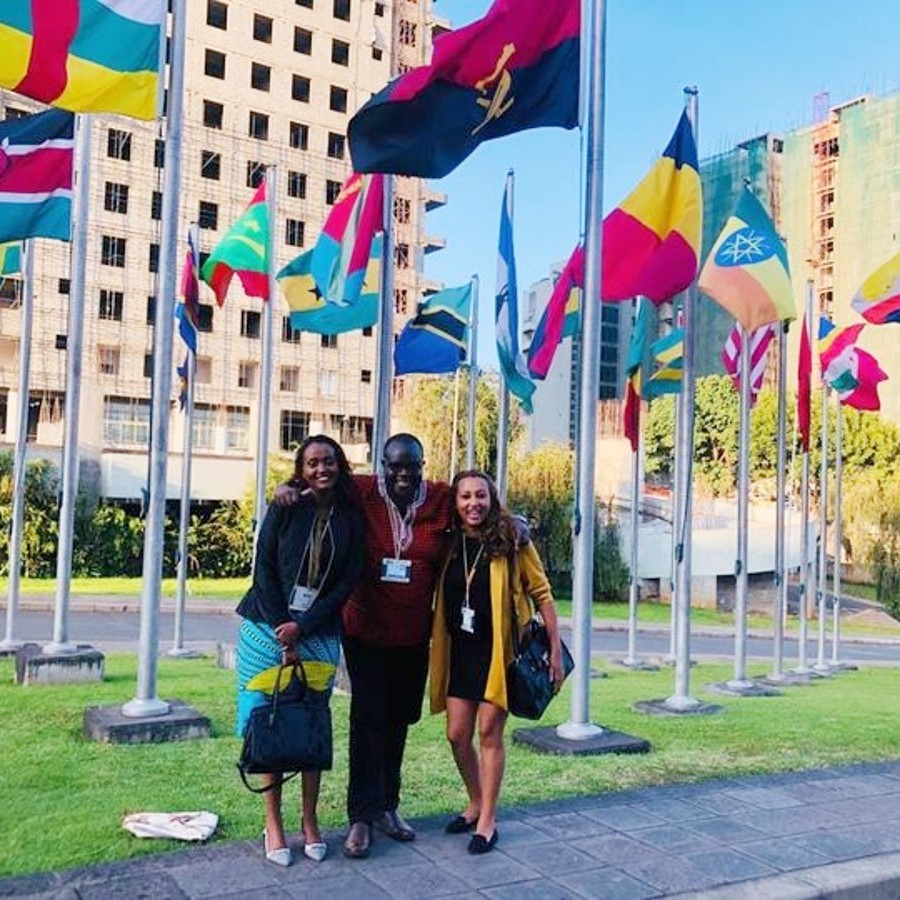
Nairobi, Kenya
Social Enterprise Society of Kenya (SESOK) serves as the umbrella body for social enterprises in Kenya. Their members span all sectors of the economy but have a common commitment to purpose, shared value, social impact, and sustainability. SESOK raises awareness about social entrepreneurship, coordinates events, training, advisory services, and research, builds relationships, partnerships, and networks for the benefit of their members, and supports social enterprise policy development and implementation. They are registered as a society and reinvest all profits towards their mission.

Brisbane, Queensland, Australia
Empathy First aims to make empathy accessible and create a world where everyone feels visible, heard, and valued. They offer online courses, workshops, empathy training, and coaching to help people strengthen their personal and professional relationships and create happier, healthier, more sustainable workplaces and communities. Participants learn what empathy is, why it matters, and how to communicate empathetically. For businesses, empathy training can improve employee wellbeing and retention, customer service and loyalty, organizational culture, and performance. Empathy First ensures their services are accessible by providing free online resources, including The Professional Empathy Podcast, and offering discounted rates to for-purpose organizations. They are a Social Traders Certified Social Enterprise and part of the Queensland Social Enterprise Council.

Szabadszállás, Hungary
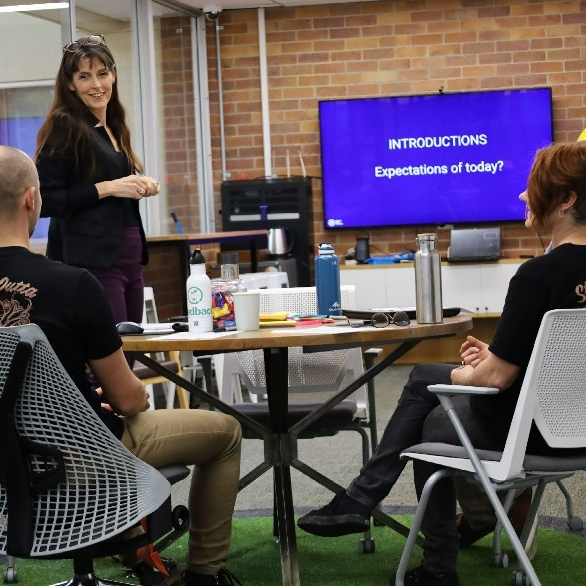
Brisbane, Queensland, Australia
People with Purpose is a purpose-led consulting company that equips businesses to become more prosperous, resilient, and impactful by helping them become clear about why they exist and to reimagine how they might create value in ways that will improve the world. Their approach brings together purpose-led strategy design and purposeful leadership development and includes stakeholder value mapping and engagement, purpose-led innovation, change management, operating plans, impact and performance reporting tools, coaching, communications, and more. People with Purpose collaborates with local universities on social change research and education, freely shares tools and practices through conferences and events, and provides subsidized and free services to government initiatives, not-for-profit organizations, and startup social enterprises. They are investing in offsetting 100 percent of their organizational emissions. People with Purpose is a certified B Corporation, a Social Traders Certified Social Enterprise, and part of B Corp Climate Collective, B Consultant Program, and the Queensland Social Enterprise Council.
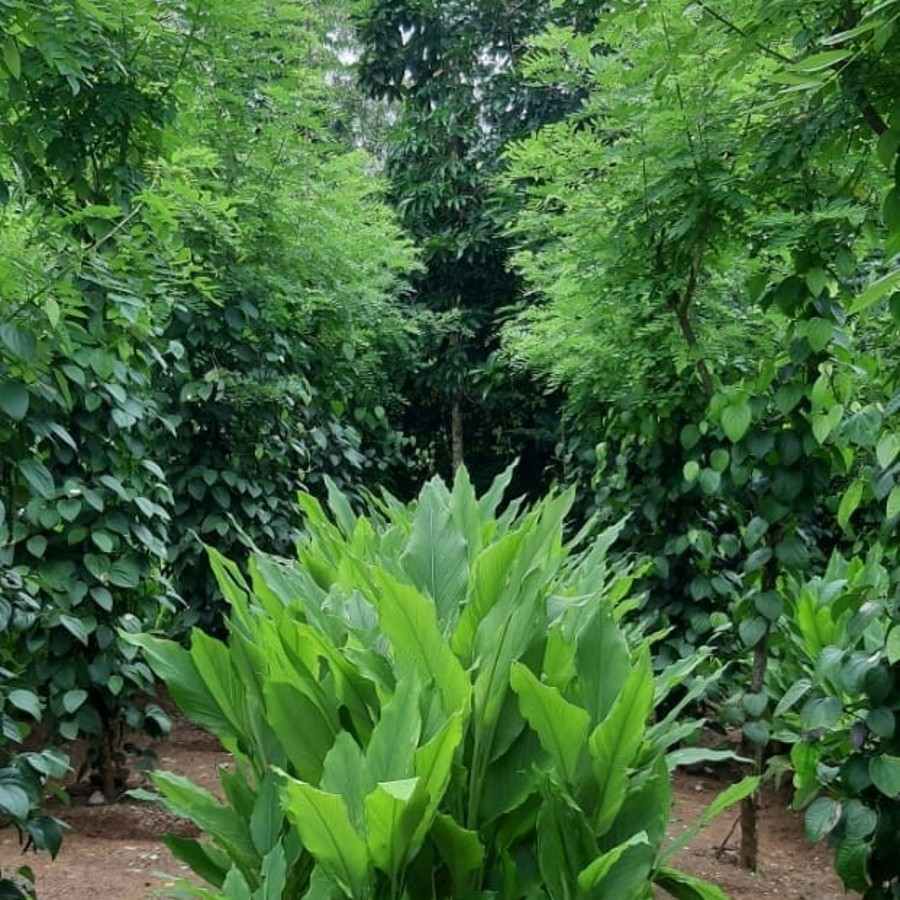
Wattala, Sri Lanka
AgVentures practices sustainable farming with a focus on biodiversity, ecological processes, adaptation to local conditions, traditional Sri Lankan pest control, biodynamic methods, and rainwater harvesting. They aim to improve human health and the health of their soil and local ecosystem. AgVentures produces organic spices, rhizome crops like turmeric, ginger, and arrow root, powders, pastes, planting materials, and natural fertilizers. They offer training programs and consulting services with free and discounted services for rural communities. AgVentures provides living wage pay, worker bonuses, and a welfare fund. They contribute books, school supplies, and educational support for workers’ children. AgVentures is certified organic by Control Union according to Sri Lanka Organic Standards.
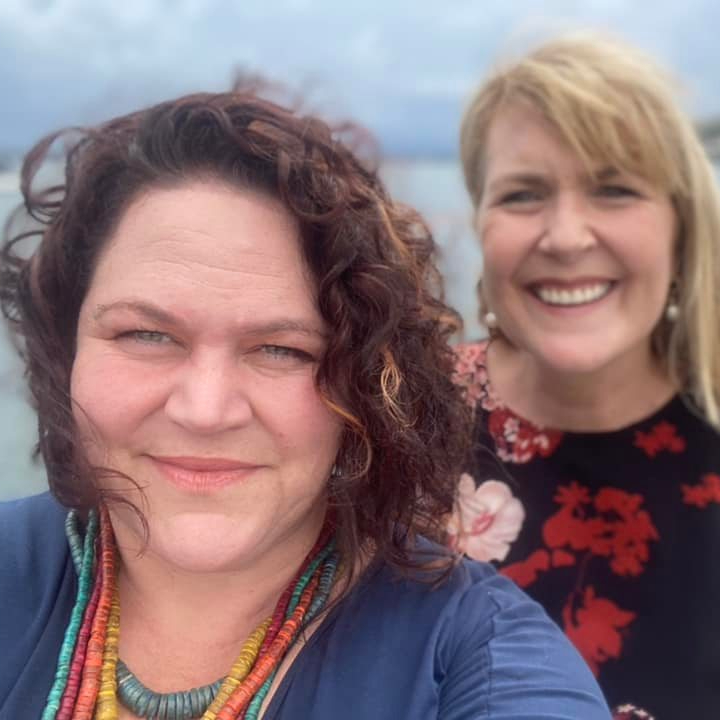
Belmont, New South Wales, Australia

Mumbai, Maharashtra, India
Dalit Goods Co supports Dalit people in India by raising awareness about the oppression they have experienced, creating livelihood opportunities, and using product sales to fund schools, children’s homes, and other support for people in need. They are best known for their handcrafted clay pot candles but also offer handmade natural soaps, organic cotton pyjamas, spice sets, and hand painted housewares. Products are made by Dalit artisans from environmentally responsible materials. Dalit Goods Co was started by Life Association, a charity registered in the United Kingdom. All profits are used to support their work in Dalit communities.
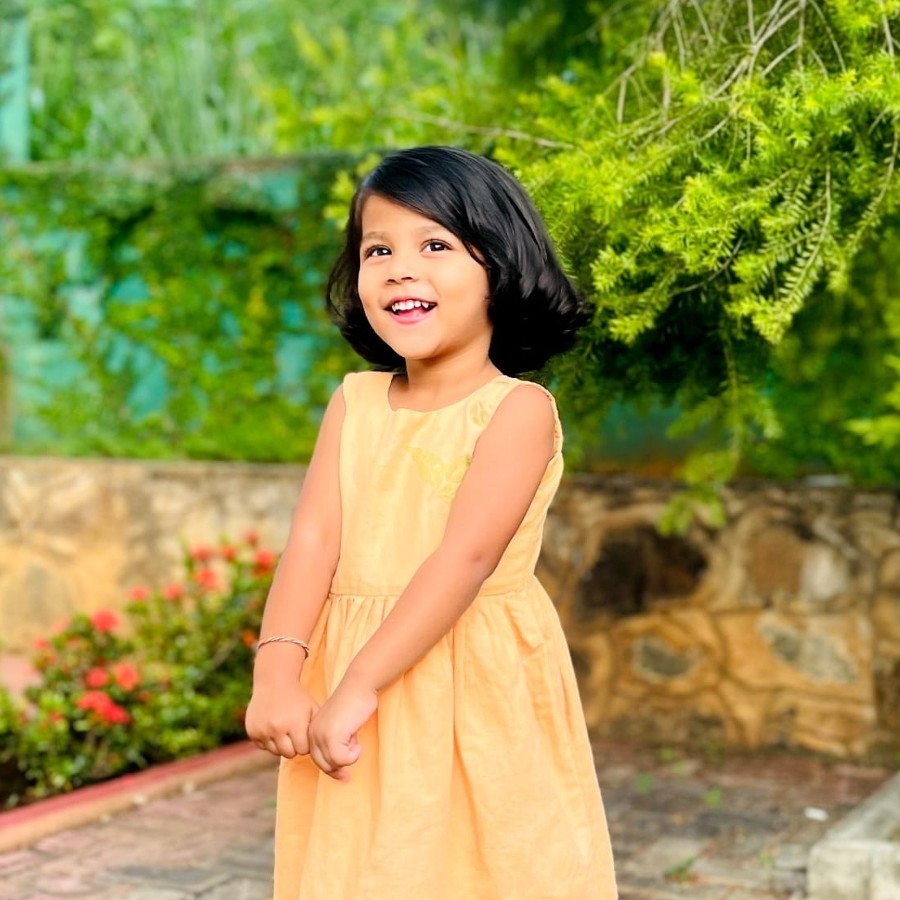
Matale, Sri Lanka
Seleena creates naturally dyed clothing and accessories to benefit customer health, support rural communities, and protect the environment. They use Sri Lankan medicinal plants like madder root, tulipwood, and myrobalan that have antimicrobial and antifungal properties and prevent skin disease. Seleena specializes in products for delicate skin like newborn baby supplies and naturally dyed undergarments.
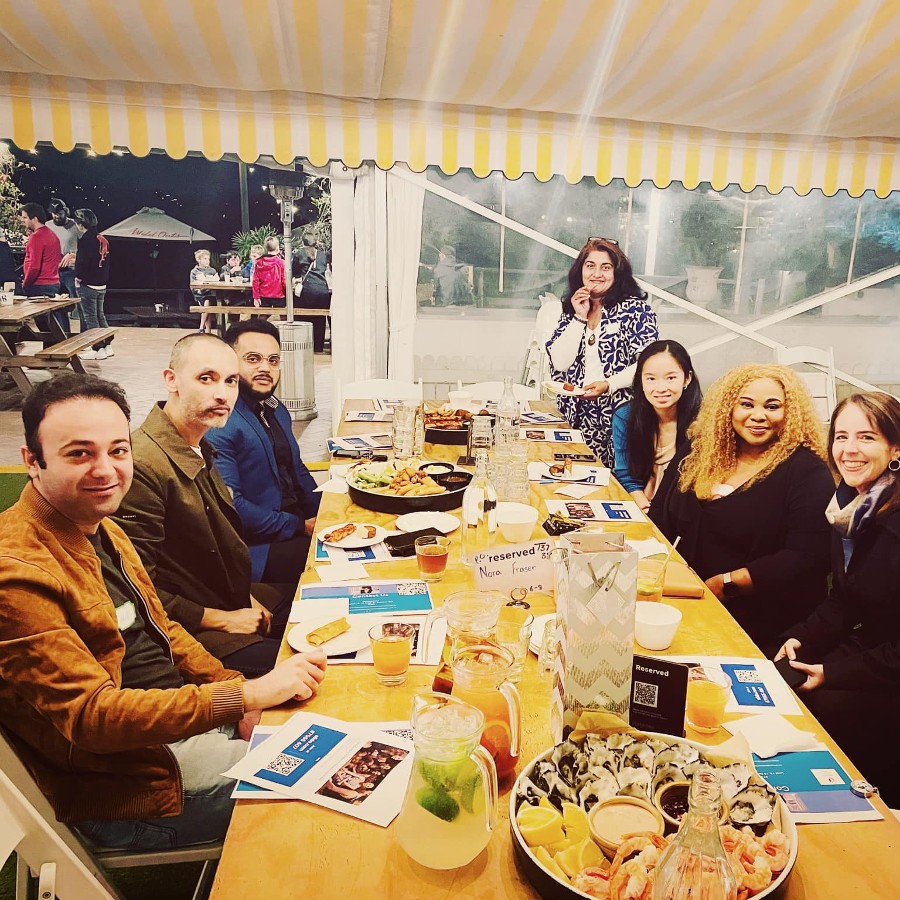
Brisbane, Queensland, Australia
The Multicultural Professional Network was founded to connect professionals from all over the world living in Australia for role model visibility, career opportunities, personal development support, and collective problem solving. They assist with CV reviews, skill profiles, job searches, interview preparation, career action plans, and other advisory services. The Multicultural Professional Network also works with companies to develop strategies to hire, retain, nurture, and upskill multicultural talent. Network members have access to a community space, events, discounts, wellbeing resources, regular updates, and information on job opportunities. The Multicultural Professional Network contributes to the Australian Red Cross.
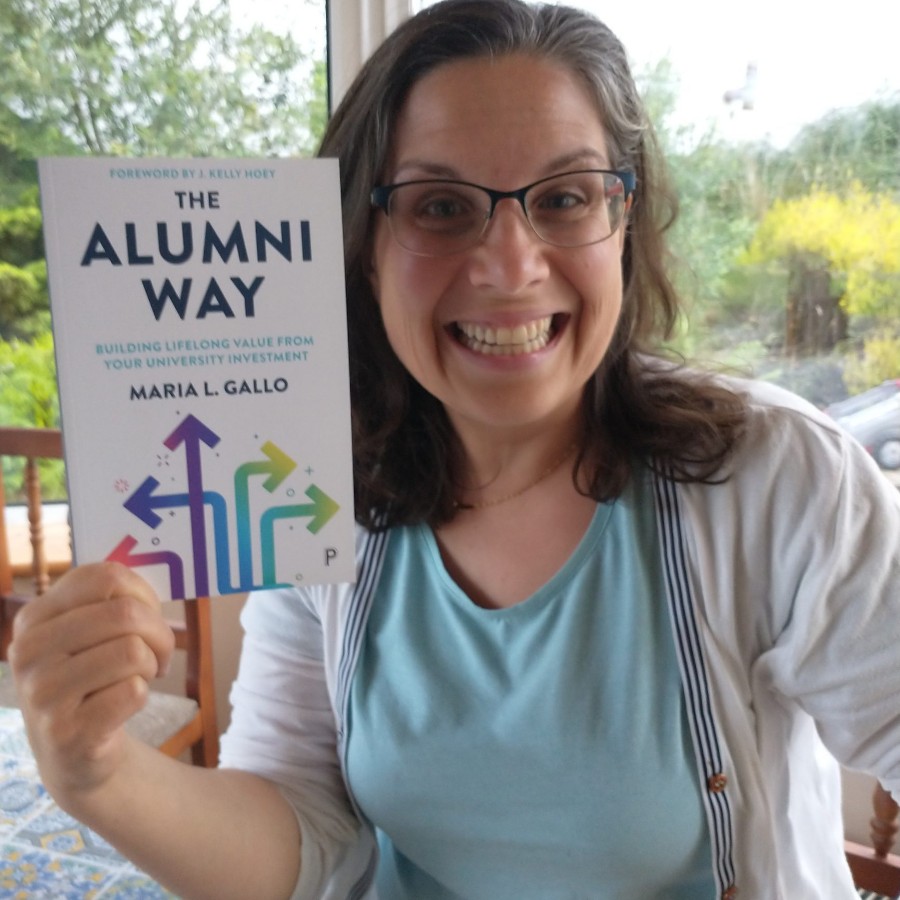
Stranorlar, Ireland
The Alumni Way helps people build lifelong value from their university investment and maximize the potential of their alumni networks for personal and professional development and social and environmental impact. They offer thought leadership, research, workshops, training, and consulting services for alumni, future alumni, governments, educational institutions, and other alma maters. For higher education institutions, The Alumni Way offers an institutional membership to The Alumni Way Academy and access to the Impact Alumni Program, which mobilizes students and alumni to pursue a career with purpose and a life engaged in the alumni community as an active global citizen. The Alumni Way contributes at least 10 percent of their work to pro bono services for low-income groups and communities in need. Profits that are not reinvested or used for pro bono community services are donated to increase access to education and educational networks. KITE – Keep in Touch Education, the parent company of The Alumni Way, is part of Catalyst 2030, Nexus Network, and the European Association for International Education (EAIE).
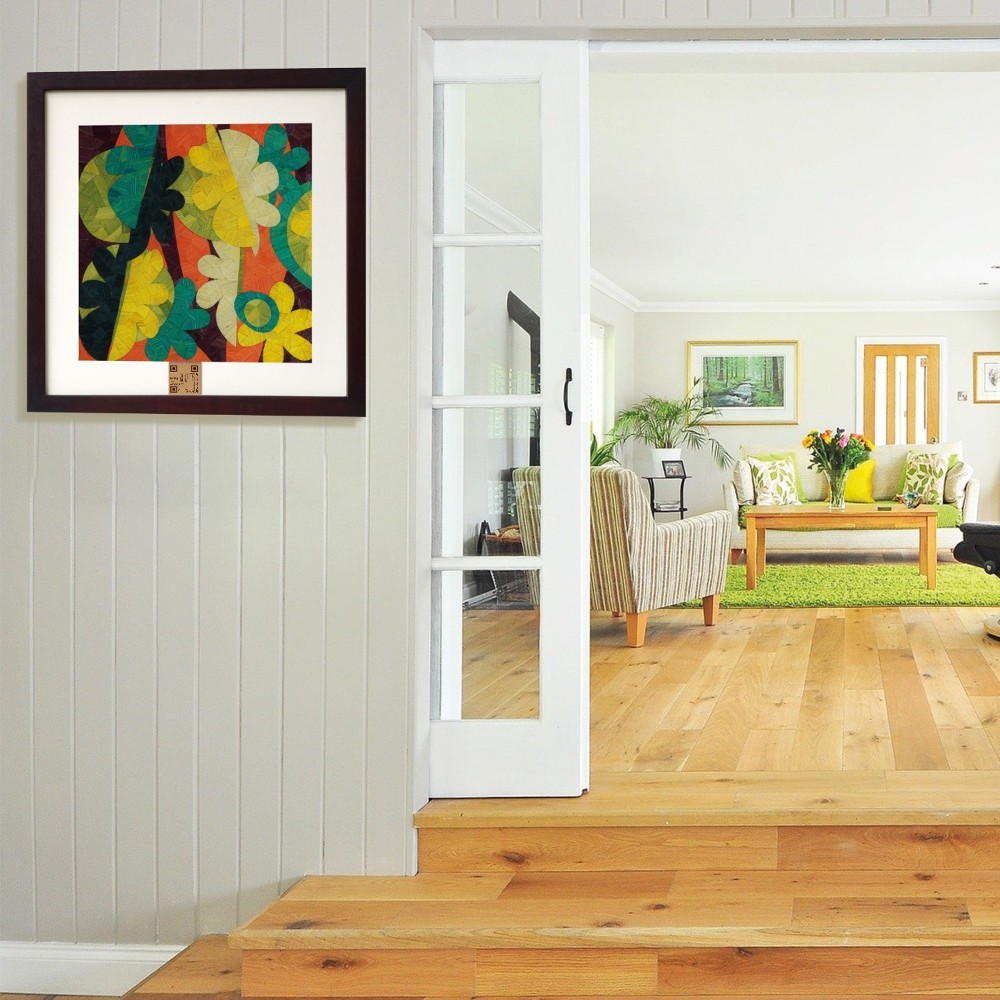
Esteli, Nicaragua
Niita is the international brand for the Manos Nicas network of artisans in Nicaragua. Manos Nicas supports artisan women affected by domestic violence and helps them become economically independent by providing training, design support, fair payment, and market access. They also provide housing assistance and organize educational and recreational activities for artisans’ children. Manos Nicas prioritizes locally available materials. Under their Niita brand, they offer a unique range of mosaics made from corn husks, which are purchased from local farmers.
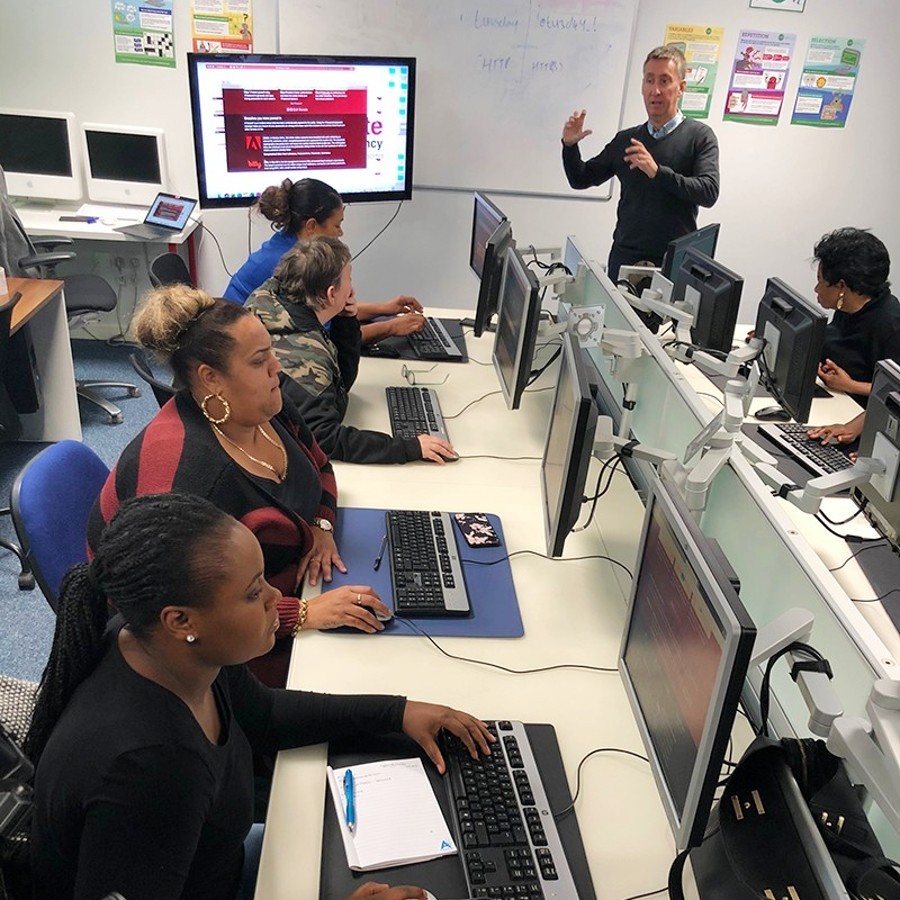
London, England, United Kingdom
The Integrate Agency was started to grow, strengthen, and give voice to the voluntary, community, and social enterprise sector in the United Kingdom. They provide direct fundraising and cybersecurity consulting services to a portfolio of charity and social enterprise clients, and they work with partners to create grant, incubator, and accelerator programs in areas where there are gaps. Integrate serves as the voluntary, community, and social enterprise support agency for Lambeth and the Young Londoner’s Fund local network provider for Lambeth and Southwark. They are part of Social Enterprise UK, The National Council for Voluntary Organisations (NCVO), Employment Related Services Association, and Locality UK. Integrate is a Community Interest Company (CIC), Disability Confident, and an accredited Living Wage Employer.
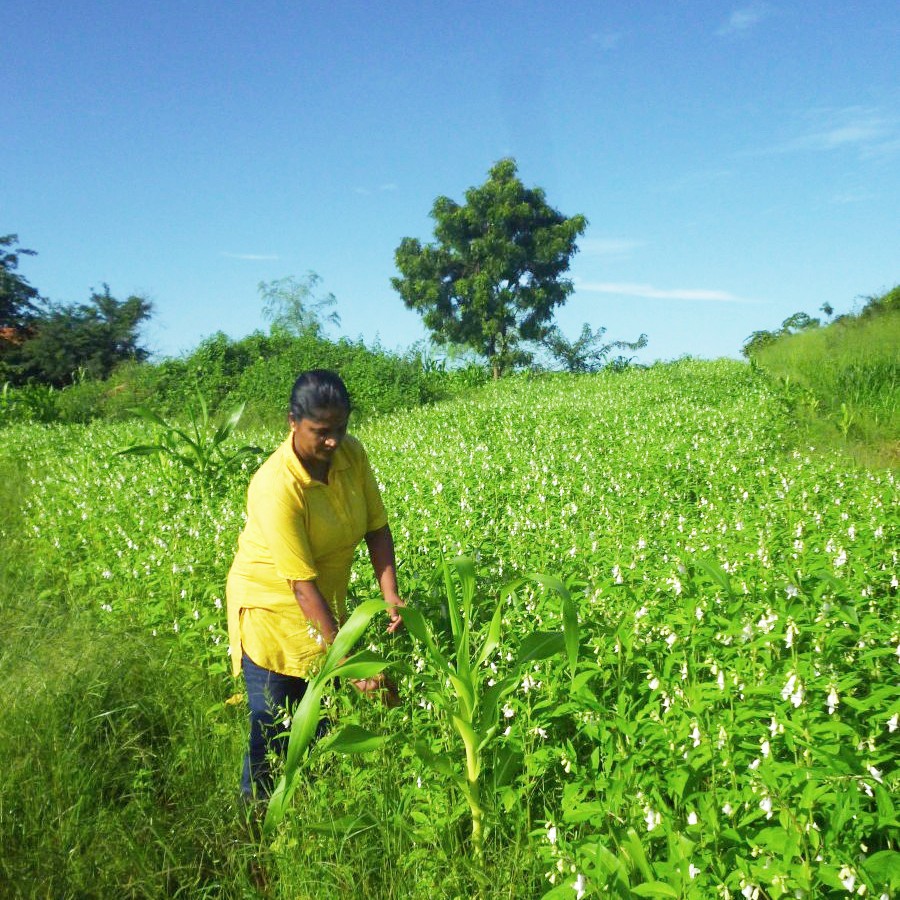
Suriyakanda, Sri Lanka
Sakura Sesame started in 2006 with a government training program on rural entrepreneurship and is now an established business that directly and indirectly supports more than 200 people in Ratnapura. They use modern machinery to produce hulled sesame seeds, sesame oil, sesame powder, traditional sesame sweets, and breadfruit and jackfruit snacks. Sakura Sesame is committed to creating employment opportunities for rural women, sourcing from environmentally responsible farmers, and contributing to Sri Lanka’s economic development through export quality products. They maintain an employee welfare society and provide scholarships to students in need.
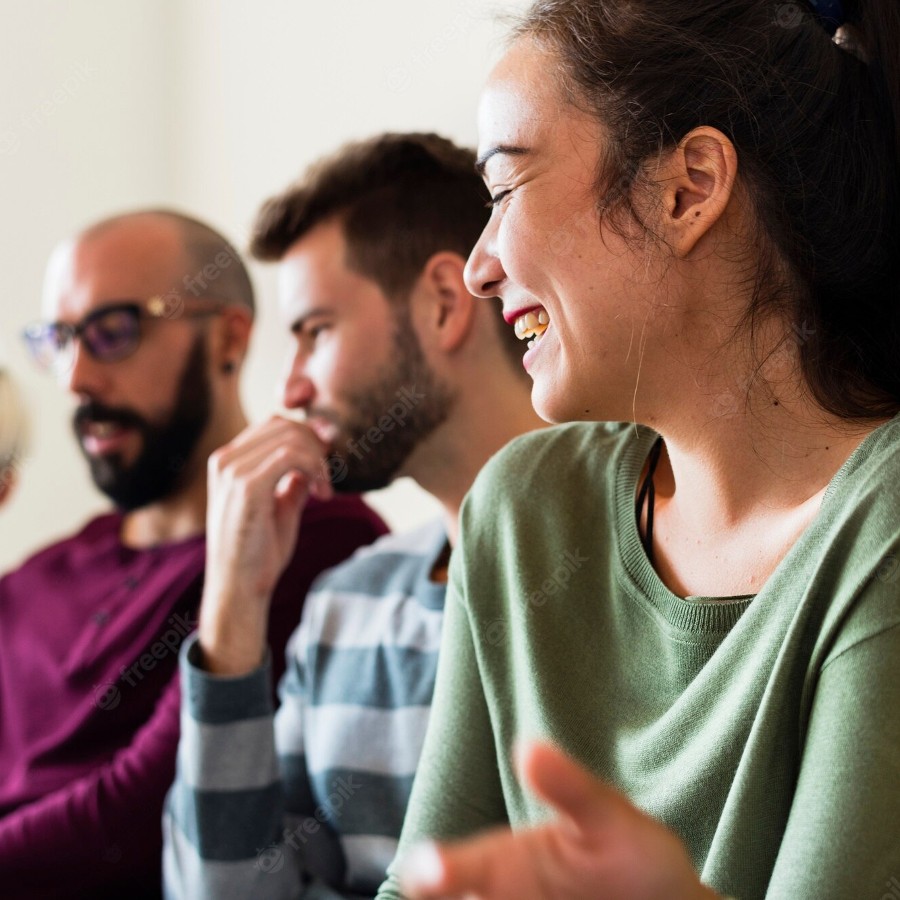
Parkville, Victoria, Australia
Project Jambo offers interactive workshops with activities and games that teach the skills needed to improve relationships and promote social peace. They help people take responsibility for social harmony by having courageous conversations and productive disagreements with those that have different views on important issues. The workshops are ideal for people who want to develop communication skills to connect with others, improve relationships that are strained due to different viewpoints, support someone who is socially isolated and embracing extreme views, or help decrease toxic polarization more generally. Project Jambo is a member of Moral Fairground.

Budapest, Hungary
Közösségi Kereskedelmi Szociális Szövetkezet (KöSzSz), which means Community Trade Social Cooperative in Hungarian, started Pakk charity shops to provide employment and low-cost shopping opportunities for people in need and contribute to environmental sustainability through reuse and recycling. They accept donations of used clothing, shoes, books, and household essentials from the local community, sell them at the lowest possible prices, and use the proceeds to cover staff and other operational costs. Pakk charity shops have a self-sustaining business model and operate according to cooperative principles of democratic decision making, social solidarity, and transparency. KöSzSz created the National Association of Charity Shops and is part of Társadalmi Vállalkozás Koalíció, the Hungarian Social Enterprise Coalition. They are registered as a public benefit social cooperative and reinvest all profits towards their social purpose.
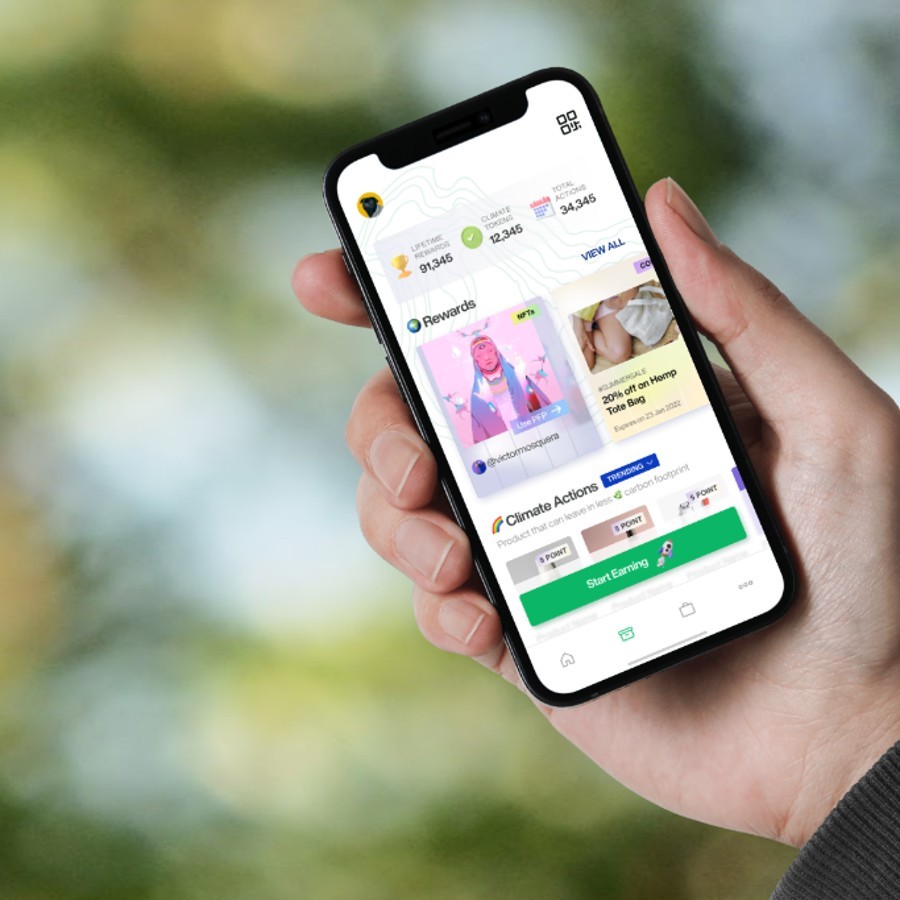
Gurugram, Delhi, India
ClimaJo is building a platform to help people act on climate change. They curate informative articles, podcasts, and other content, provide a community where people can connect and share experiences, highlight environmentally responsible brands, and maintain a points system to reward sustainable action. ClimaJo contributes to EarthJust and other environmental partners.

Jaipur, Rajasthan, India
Sakshi works with a network of designers and artisans in Jaipur to manufacture and export hand block printed textiles and hand painted blue pottery. They specialize in custom designs, on-time orders, and quality craftsmanship. Sakshi directly provides training, professional development, and flexible employment to people from marginalized communities. They also work with nonprofit organizations to develop self-sustaining livelihood opportunities for their beneficiaries by supplying materials and designs and purchasing their finished products at fair trade rates. Sakshi is committed to environmental responsibility. They use local and organic cotton, OEKO-TEX certified dyes, energy efficient lighting, and water saving techniques.
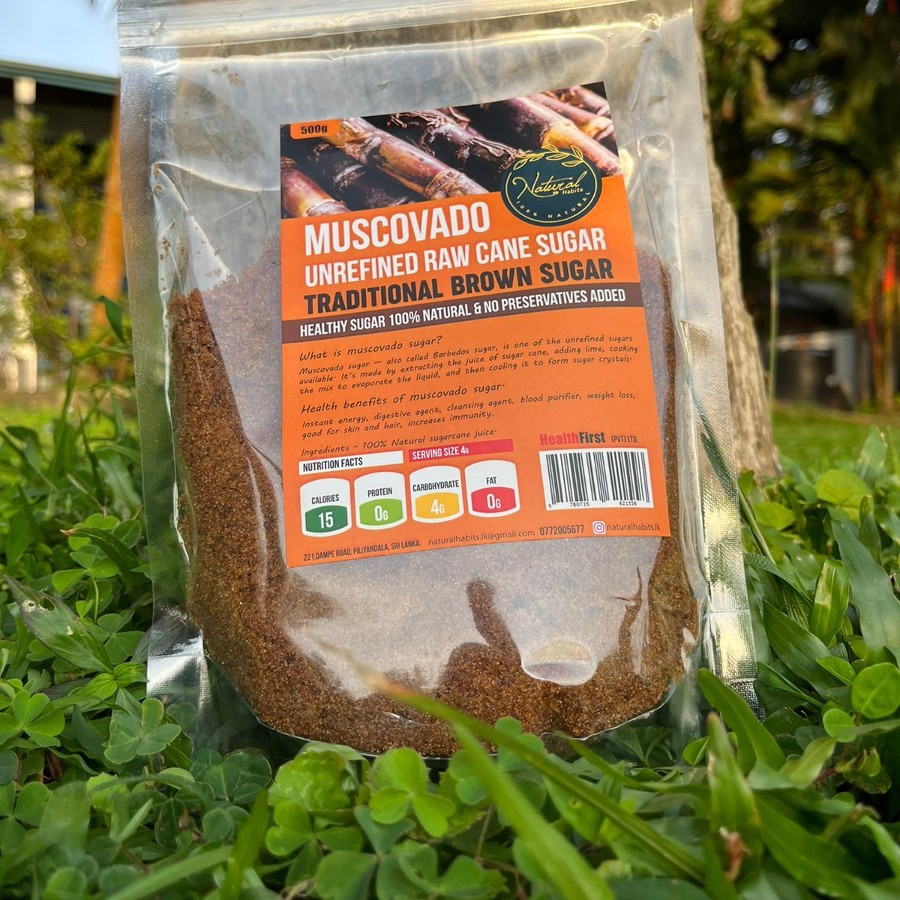
Nugegoda, Sri Lanka
Natural Habits makes it easier for people in Sri Lanka to transition from highly refined white sugar to unrefined natural sweeteners. They supply traditional muscovado and ginger jaggery cubes made from local sugar cane. Muscovado contains more minerals and nutrients than refined white sugar and is used in traditional Ayurveda for immunity, blood purification, and digestion.
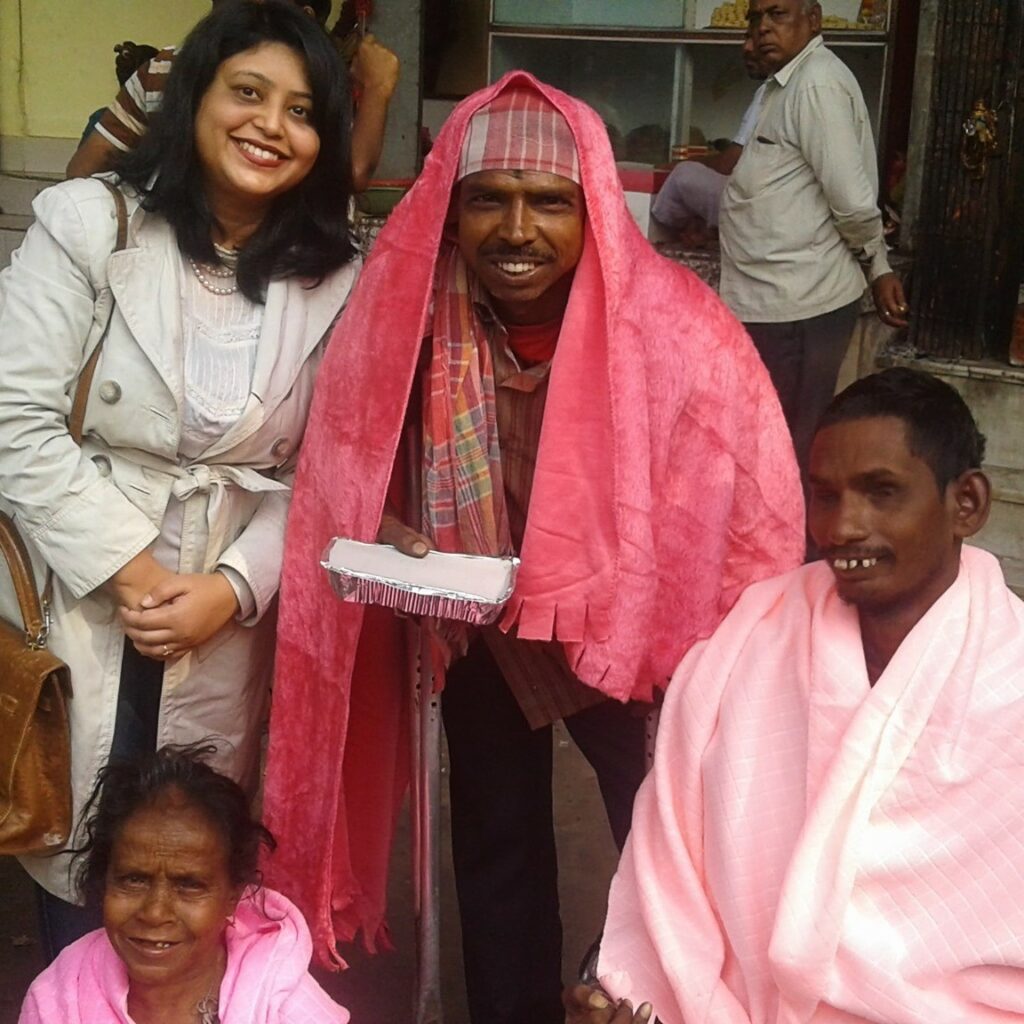
Kolkata, West Bengal, India
Quantum Holistic offers training, management consulting, and advisory services based on practical wisdom, higher purpose, truth, and joy. They offer a range of workshops including meditative writing, leadership development, spiritual and emotional intelligence, and entrepreneurship. The focus is on learning by studying, active listening, observing, reflecting, and experiencing realities from multiple perspectives and dimensions. Quantum Holistic has developed an equitable wealth creation model called Astha Laxmi. Programs are open to everyone regardless of socioeconomic background. They are committed to creating a culture of mutual care and concern and give back through neighborhood food drives and other community initiatives.
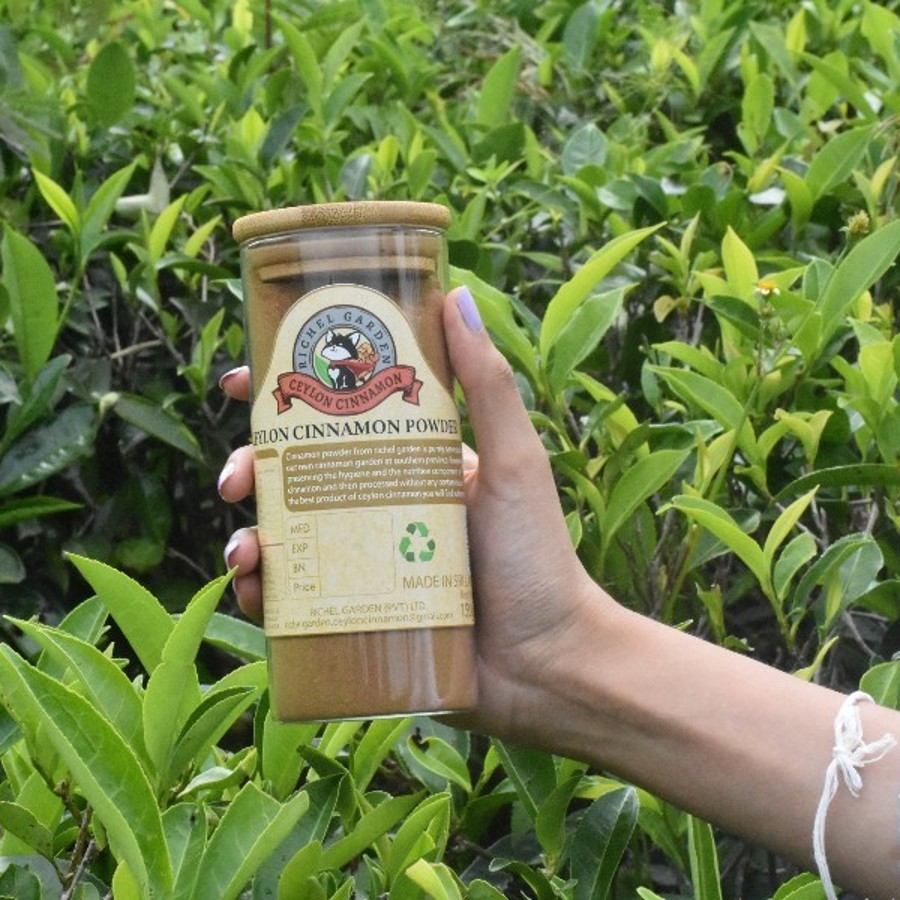
Boralesgamuwa, Sri Lanka
Richel Garden produces cinnamon, turmeric, cloves, black pepper, cardamom, and bee honey on a network of farm lands in Sri Lanka with a focus on consumer health, rural employment, and environmental protection. Compost is produced onsite and no synthetic agrichemicals, polystyrene, polyvinyl chloride (PVC), or other harmful plastics are used.
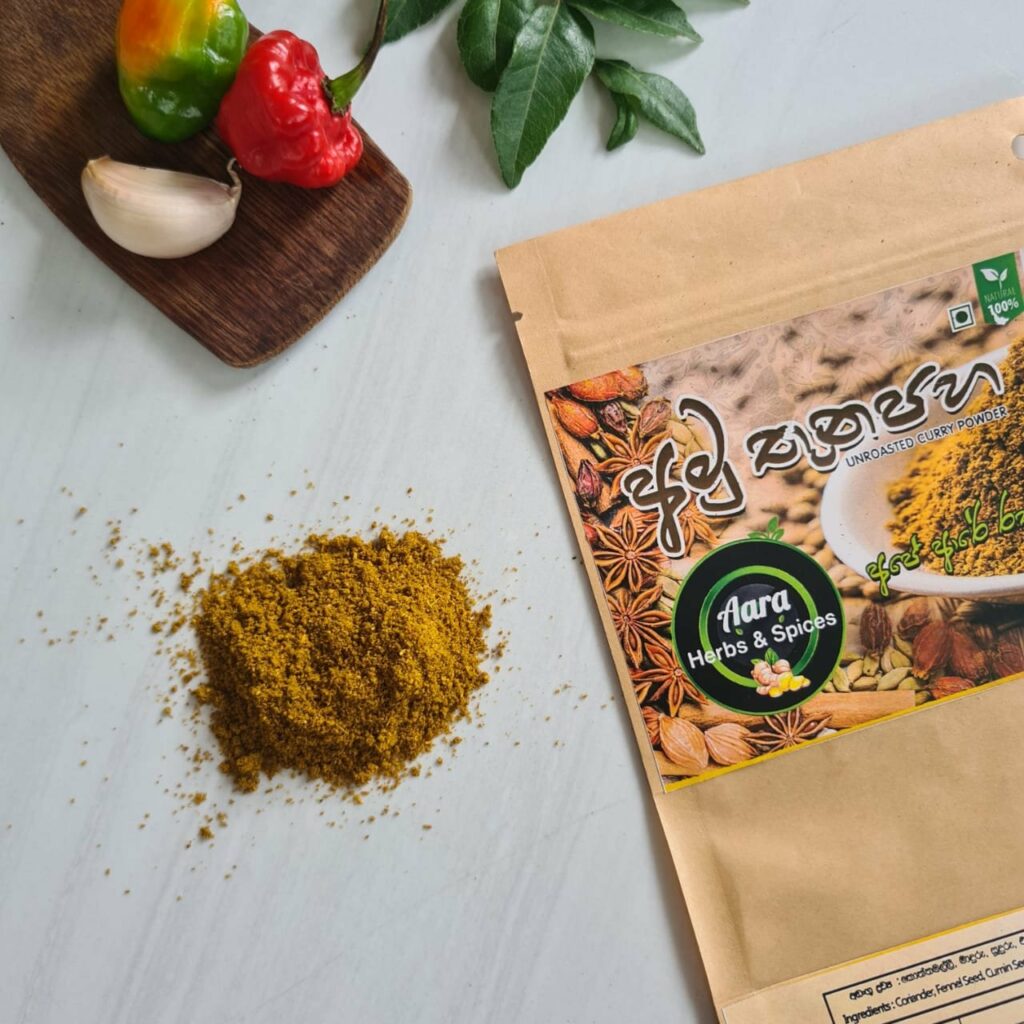
Kadigamuwa, Sri Lanka
Aara was started by Food Science graduates at the University of Peradeniya to add value to local crops, improve the living conditions of growers and workers, minimize post-harvest waste, and contribute to Sri Lanka’s economy. They provide a range of export-quality dehydrated products, powders, and mixes including a traditional herbal porridge made from local medicinal plants.
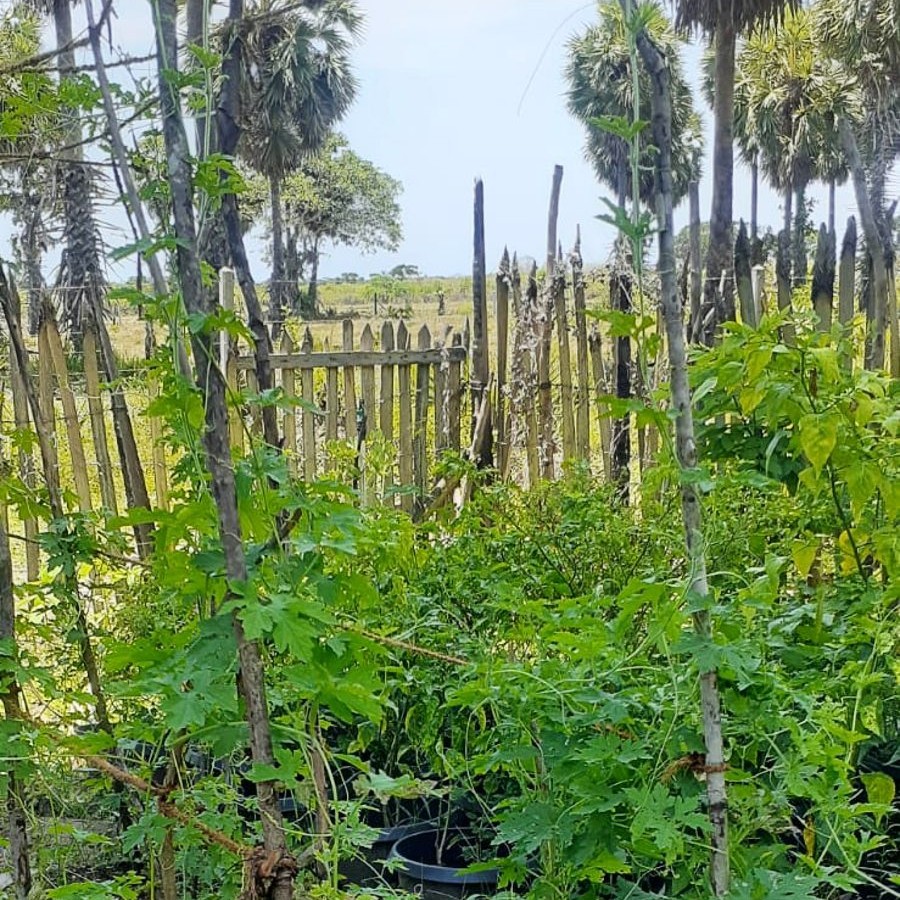
Pulmoddai, Sri Lanka
GJ Organic Farm grows dry zone vegetables in northeastern Sri Lanka. They save their own seeds and produce their own compost and organic inputs from locally available materials. GJ Organic Farm is verified under a local organic participatory guarantee system (PGS).

Colombo, Sri Lanka
Fresh & Fruity specializes in natural fruit juices and mocktails made with king coconut water and local fruits like mango, avocado, pineapple, and passion fruit. Ingredients are sourced directly from small-scale farmers whenever possible. They make juices fresh to order and offer takeaway in glass bottles.
Know an initiative that’s good for people and good for the planet? The application is currently available in English, Sinhala, Tamil, Urdu, Spanish, and Japanese and started in Nepali: www.goodmarket.global/apply Want to help make it available in another language? Learn more about the community translation project here.